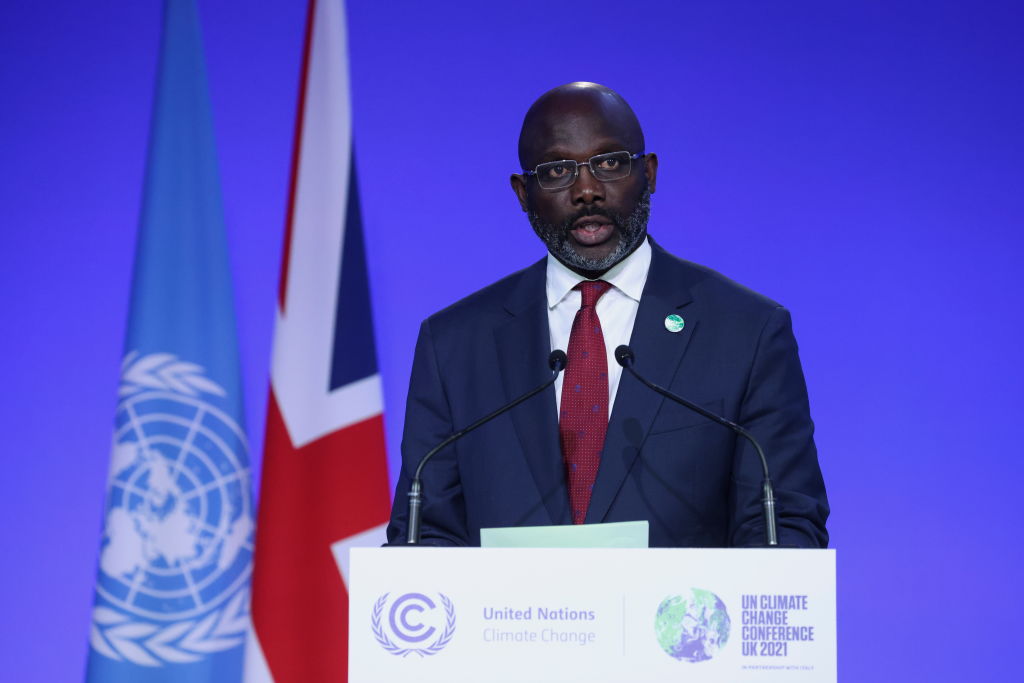
It is often said that sport and politics should not mix, but that is impossible.
Sport is a reflection of society and football has a huge influence throughout the world – both culturally and politically.
Over the years, many footballers have been lured into politics – either in a party's attempt to win votes or because they genuinely believe they can bring about positive change.
Here, a look at some notable examples of footballers who went into politics...
32. Olli Rehn
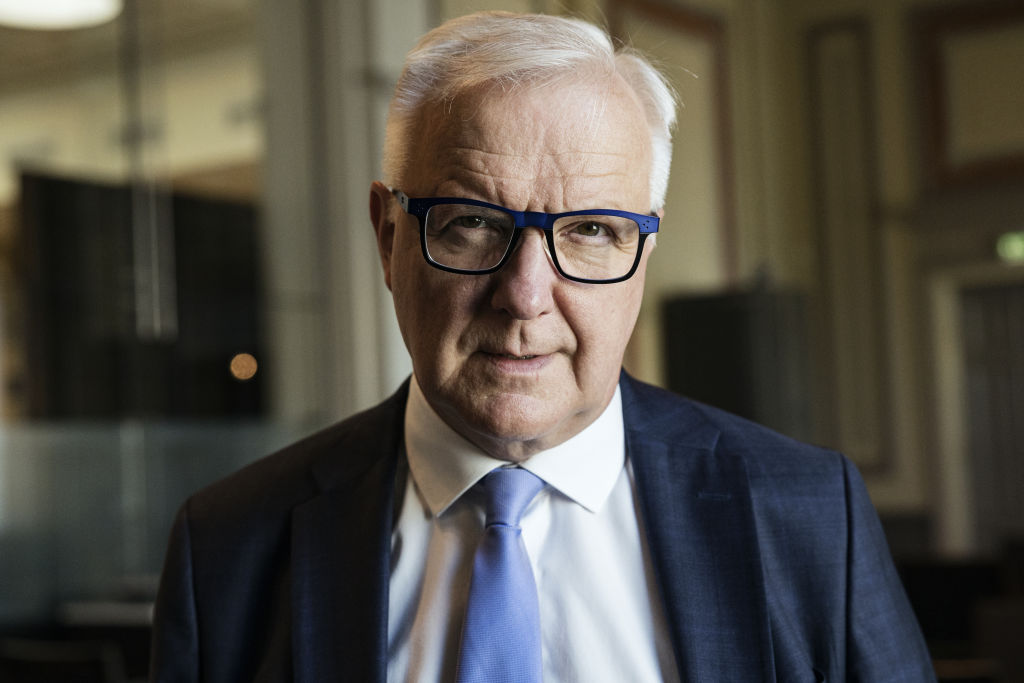
A member of the Finnish parliament since 1991, Olli Rehn later worked as an advisor to prime minister Esko Aho and is an experienced European Commissioner. He became Governor of the Bank of Finland in 2018.
In his younger days, Rehn played football for his hometown club Mikkelin Palloilijat in the nation's top division.
31. Ahmed Ben Bella
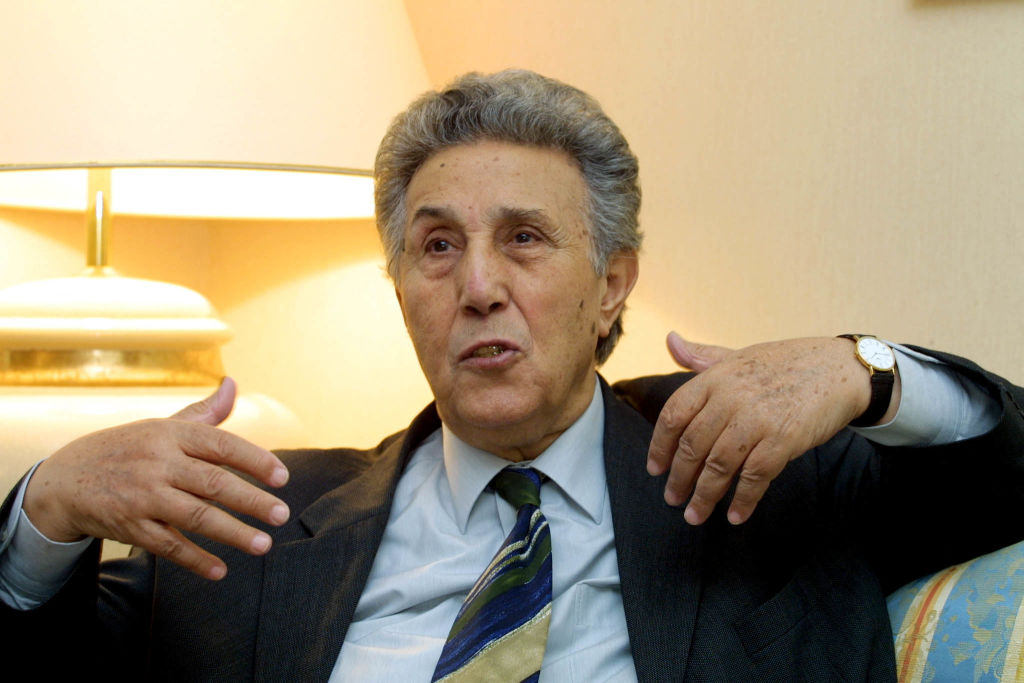
Ahmed Ben Bella is one of Algeria's most famous political figures, having served as prime minister in the early 1960s and as the first president of the north African nation.
Earlier, he had been a promising footballer. During his time in the French Army under colonial rule, he was posted to Marseille and played for OM in a Coupe de France game against FC Antibes in 1940. After scoring a goal in that match, he was offered a contract by club officials, but turned it down.
30. Don Rossiter
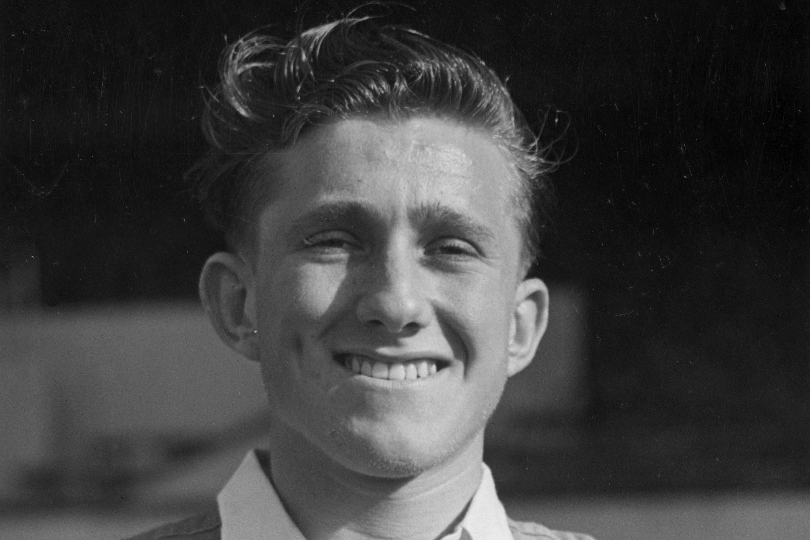
Don Rossiter represented Kent in youth football and was signed by Arsenal as a 15-year-old, but never made a first-team appearance for the Gunners. He also had short spells at Leyton Orient and Gillingham.
After his retirement from football, Rossiter became involved in Kent politics. He was elected to the Medway District Council and also spent a year as Mayor of Rochester between 1985 and 1986.
29. Roman Kosecki
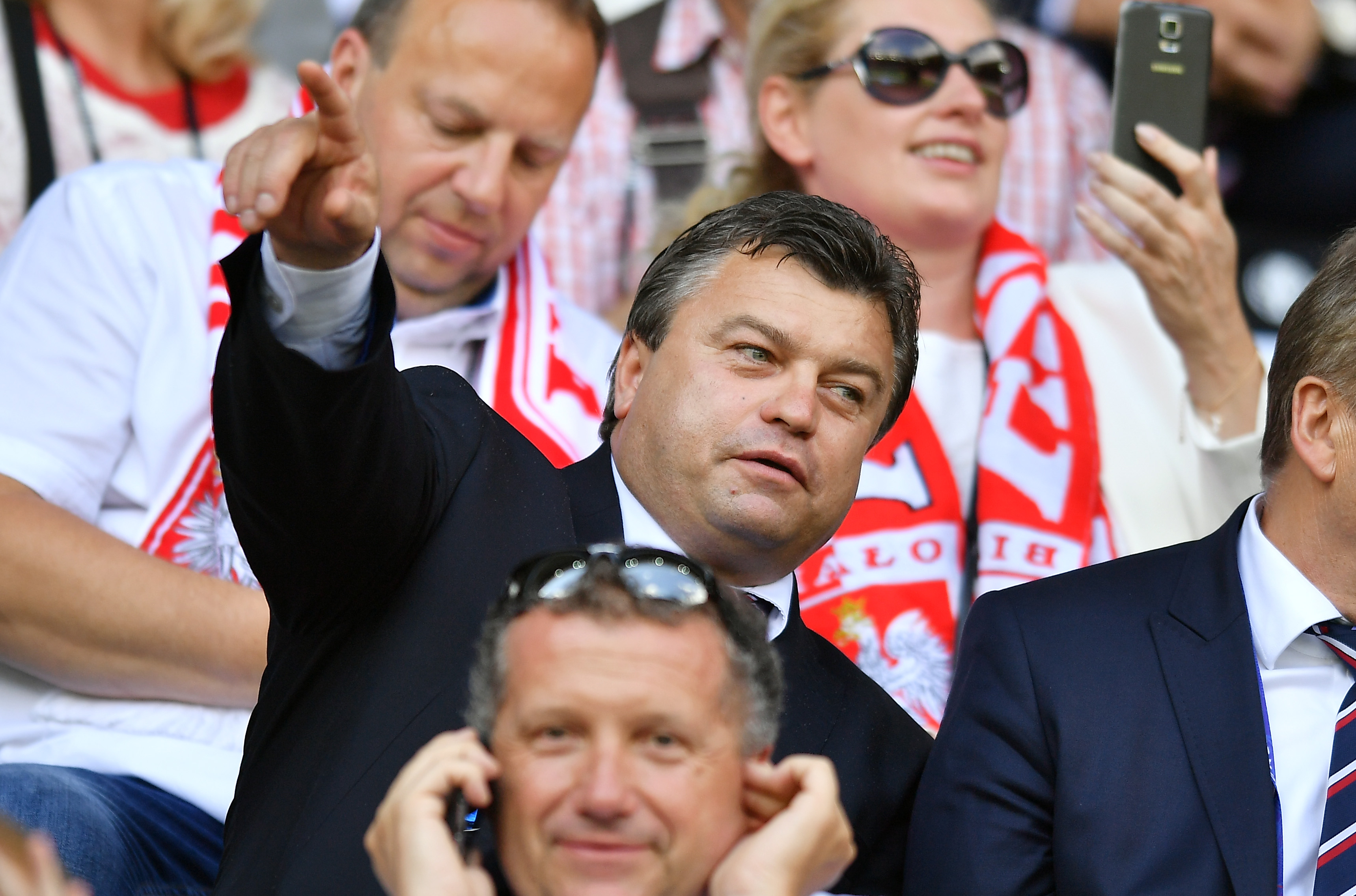
Roman Kosecki played for Legia Warsaw, Galatasaray, Atletico Madrid, Nantes, Montpellier and Chicago Fire in a well-travelled career. The striker also won 69 caps for Poland, scoring 19 times.
Following his retirement, Kosecki became a member of parliament for Civic Platform, a centre-right liberal political party in Poland, in 2005. Later, he ran for the position of Polish Football Association (PZPN) president, but lost to the legendary Zbigniew Boniek. He was subsequently appointed vice president of youth development by the former Juventus forward.
28. Thomas Bodstrom
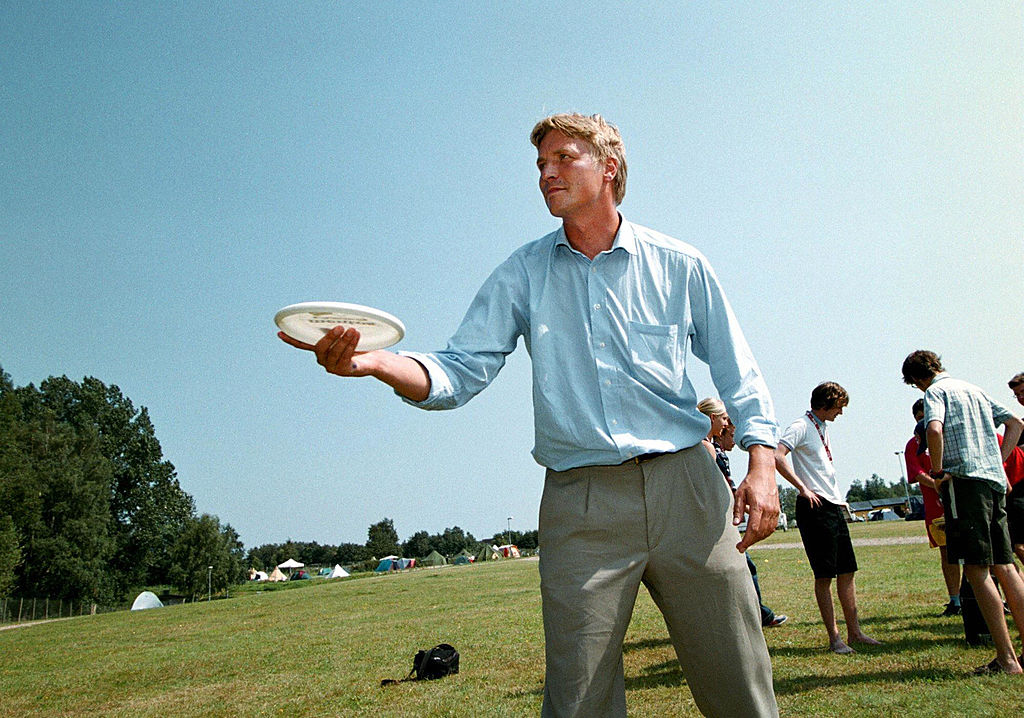
Thomas Bodstrom played professional football in the 1980s. A defender for Swedish side AIK between 1987 and 1989, he made 48 league appearances and scored three goals for the club.
Bodstrom became much more well known as a politician later on, serving as Minister for Justice in Sweden between 2000 and 2006.
27. Carlos Mac Allister
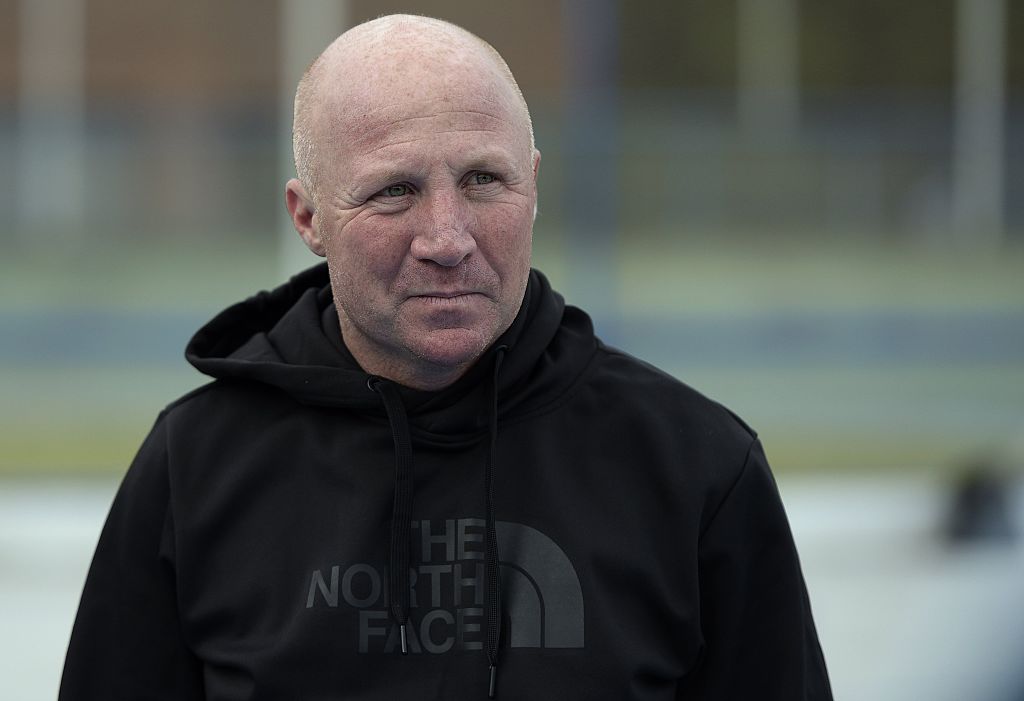
Carlos Mac Allister is a former midfielder who played alongside Diego Maradona at Boca Juniors and made three appearances for Argentina in 1993. He is the father of World Cup-winning midfielder Alexis Mac Allister.
After his retirement, Mac Allister went into politics. He was elected as a member of parliament in 2013 for the Frente Propuesta Federal and in December 2015, he was named as Sports Secretary. He stayed in that role until 2019.
26. Eric Di Meco
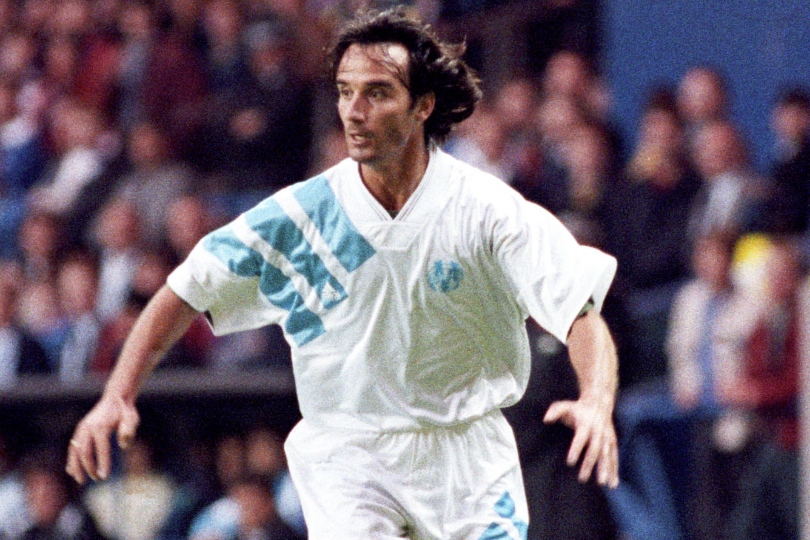
Eric Di Meco won 23 caps for France and the left-back was back-up to Bixente Lizarazu at Euro 96. At club level, he was a Champions League winner with Marseille and later played for Monaco.
Di Meco retired from football in 1998 and began a career as a politician, acting as municipal council for the UMP party in Marseille.
25. Jose Cevallos
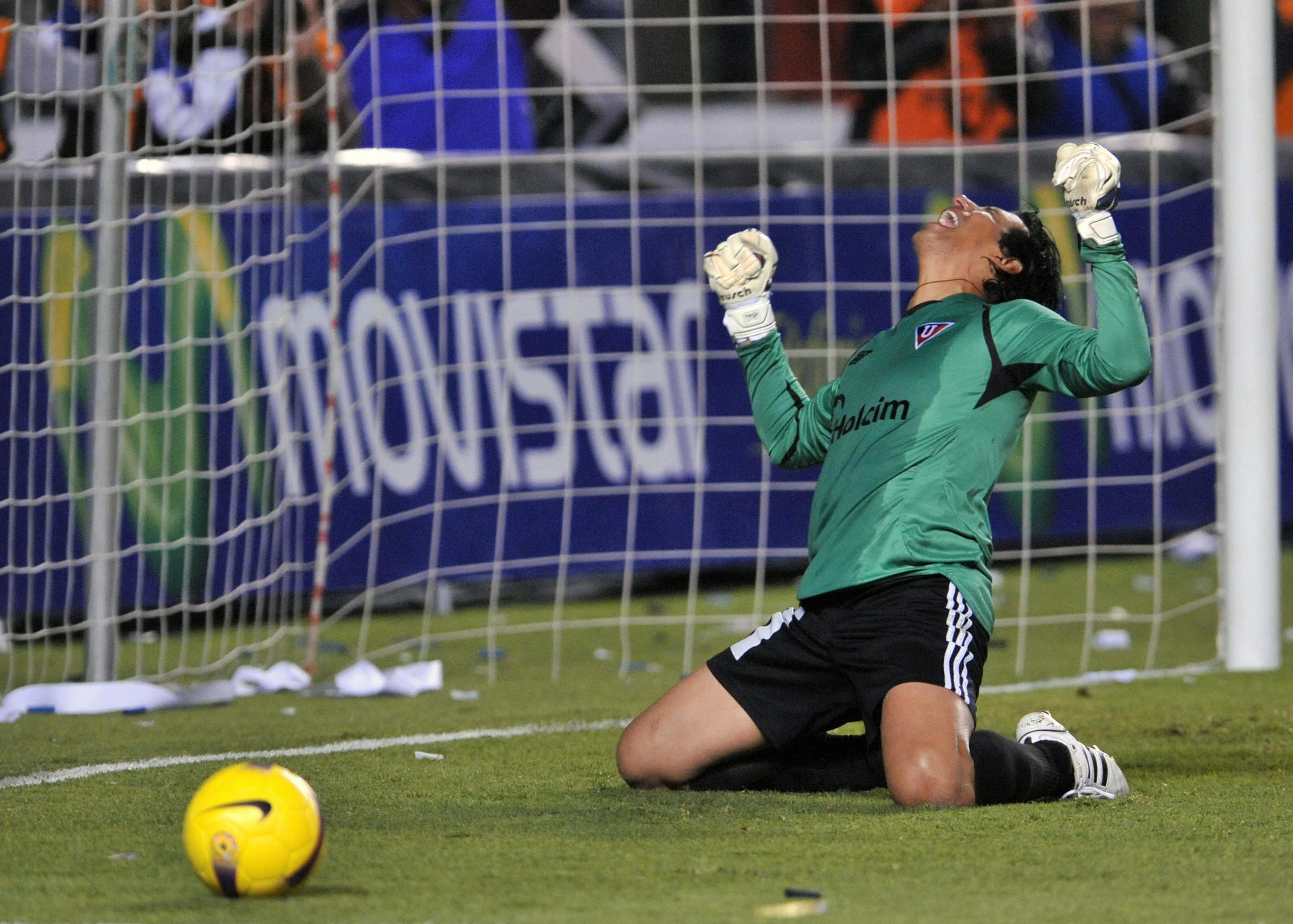
Jose Cevallos won 89 caps in goal for Ecuador between 1994 and 2010 and won both the Copa Libertadores and the Copa Sudamericana with Liga de Quito.
Cevallos took part in four Copa America campaigns and was selected for Ecuador's first-ever World Cup participation in 2002. He was appointed Minister of Sports in Ecuador in 2011.
24. Antonio Rattin
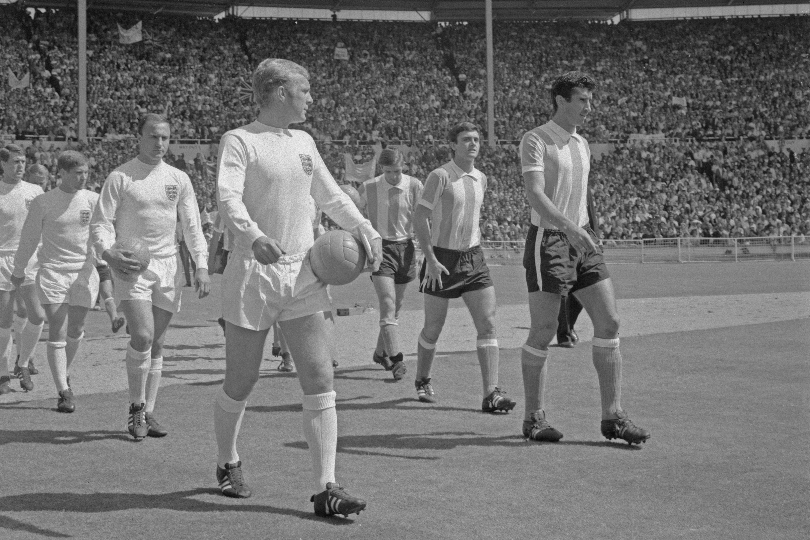
Antonio Rattin spent his entire career at Boca juniors but is best remembered for his controversial red card and reaction against England at the 1966 World Cup, when he initially refused to leave the pitch and then protested the decision by sitting on the red carpet reserved for the Queen.
Rattín was elected to the Argentine Chamber of Deputies in 2001 for the conservative Federalist Unity Party. He was the first footballer to enter Congress and became chairman of the Sports Committee. He stepped down in 2005.
23. Roberto Dinamite
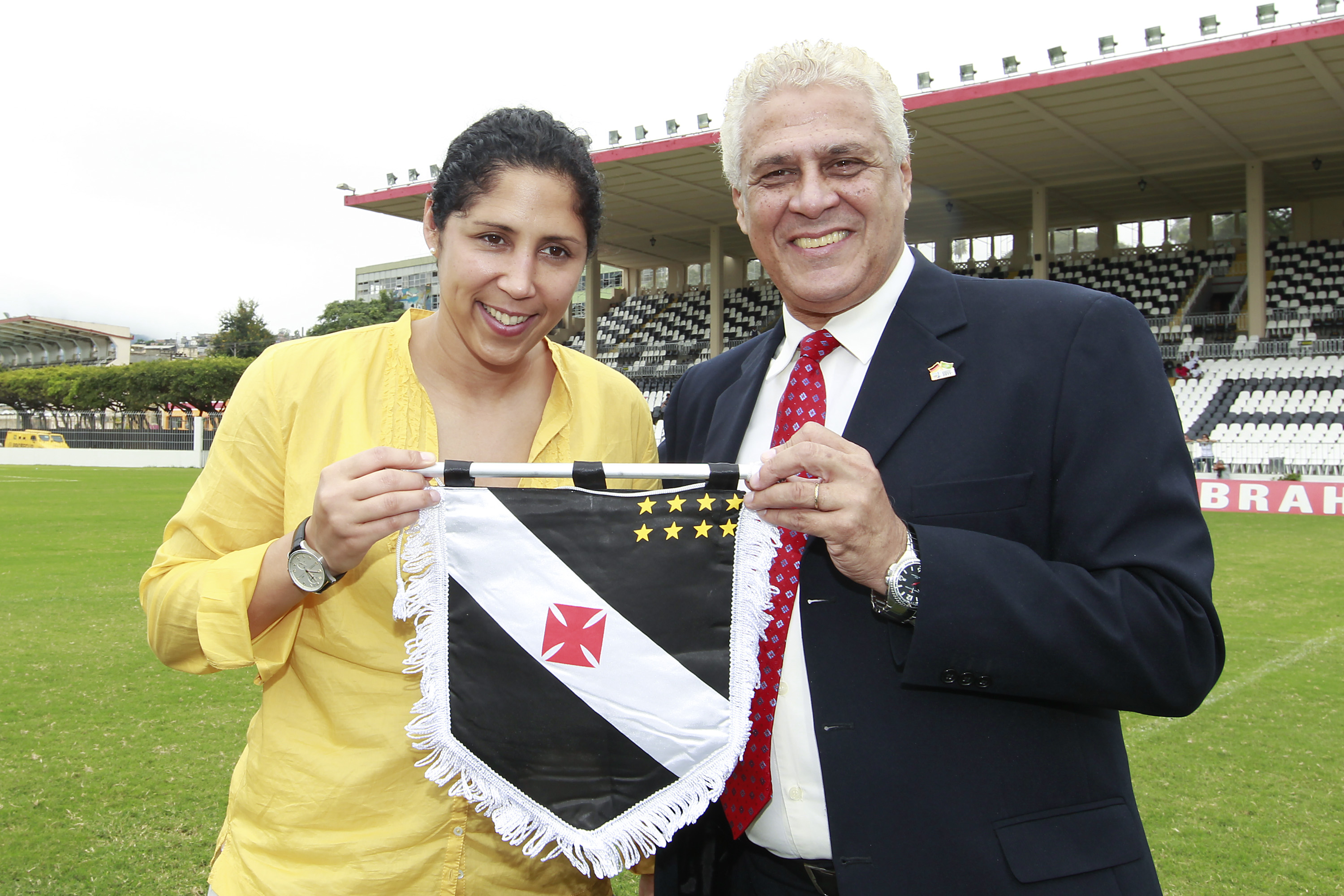
Roberto Dinamite is a legend at Vasco da Gama and the club's all-time top scorer with 698 goals in two long spells either side of a brief stint at Barcelona. The striker also netted 20 goals in 38 games for Brazil.
After his retirement from football, he became a politician. In 1992, he was elected for the State Assembly of Rio de Janeiro. He then became state deputy in 1994 and was re-elected in 1998, 2002 and 2006. He became Vasco da Gama's president in 2008.
22. Danny Jordaan
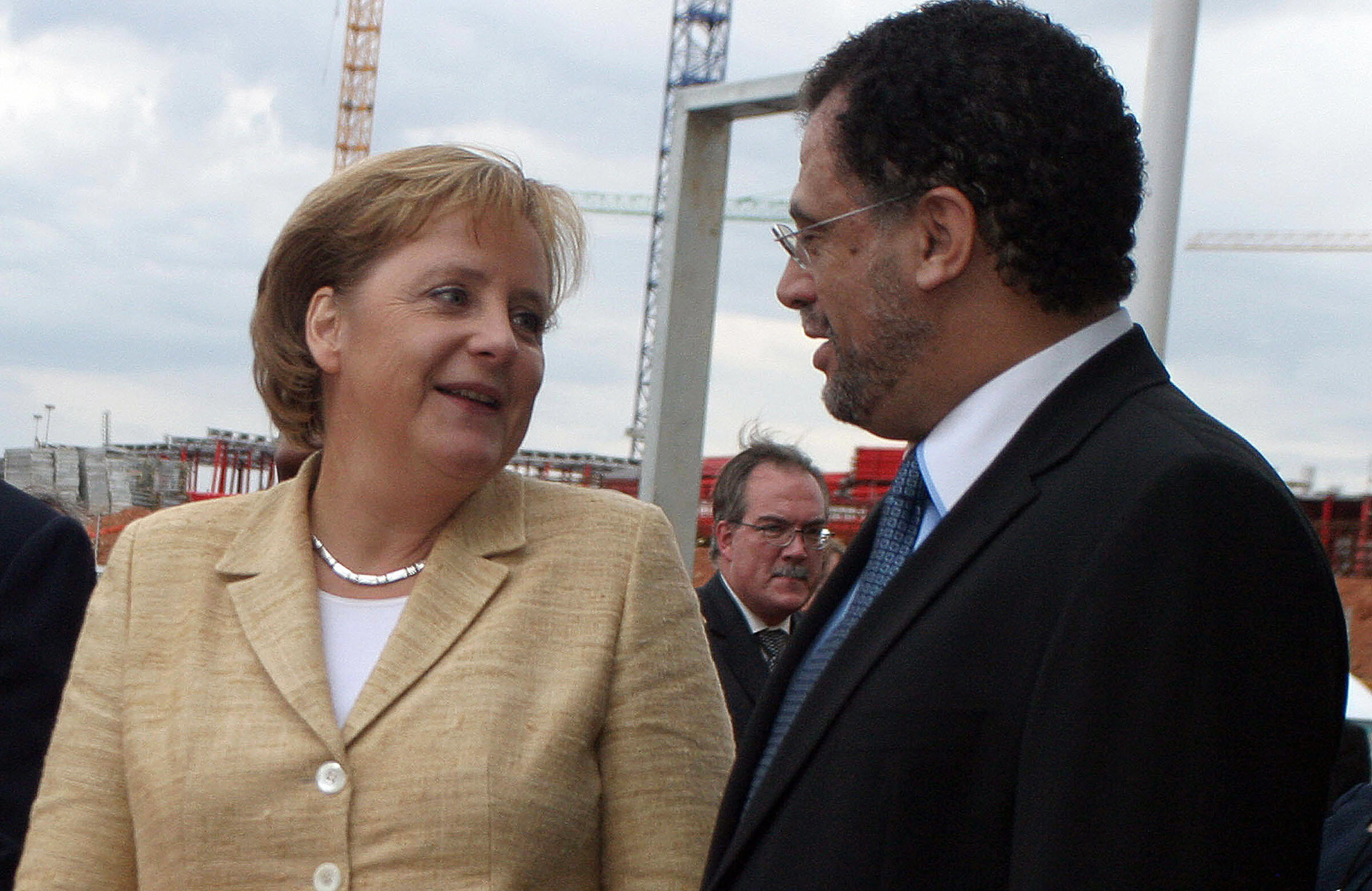
Danny Jordaan had a short career as a professional footballer in South Africa, but was unable to represent his country due to apartheid.
After working on various football boards, he became a member of parliament for the ANC under Nelson Mandela in 1994. He held that position until 1997. Later, he led South Africa's successful bid to host the 2010 World Cup, spent a year as Mayor of Nelson Mandela Bay and became president of the South African Football Association (SAFA) in 2013.
21. Sol Campbell
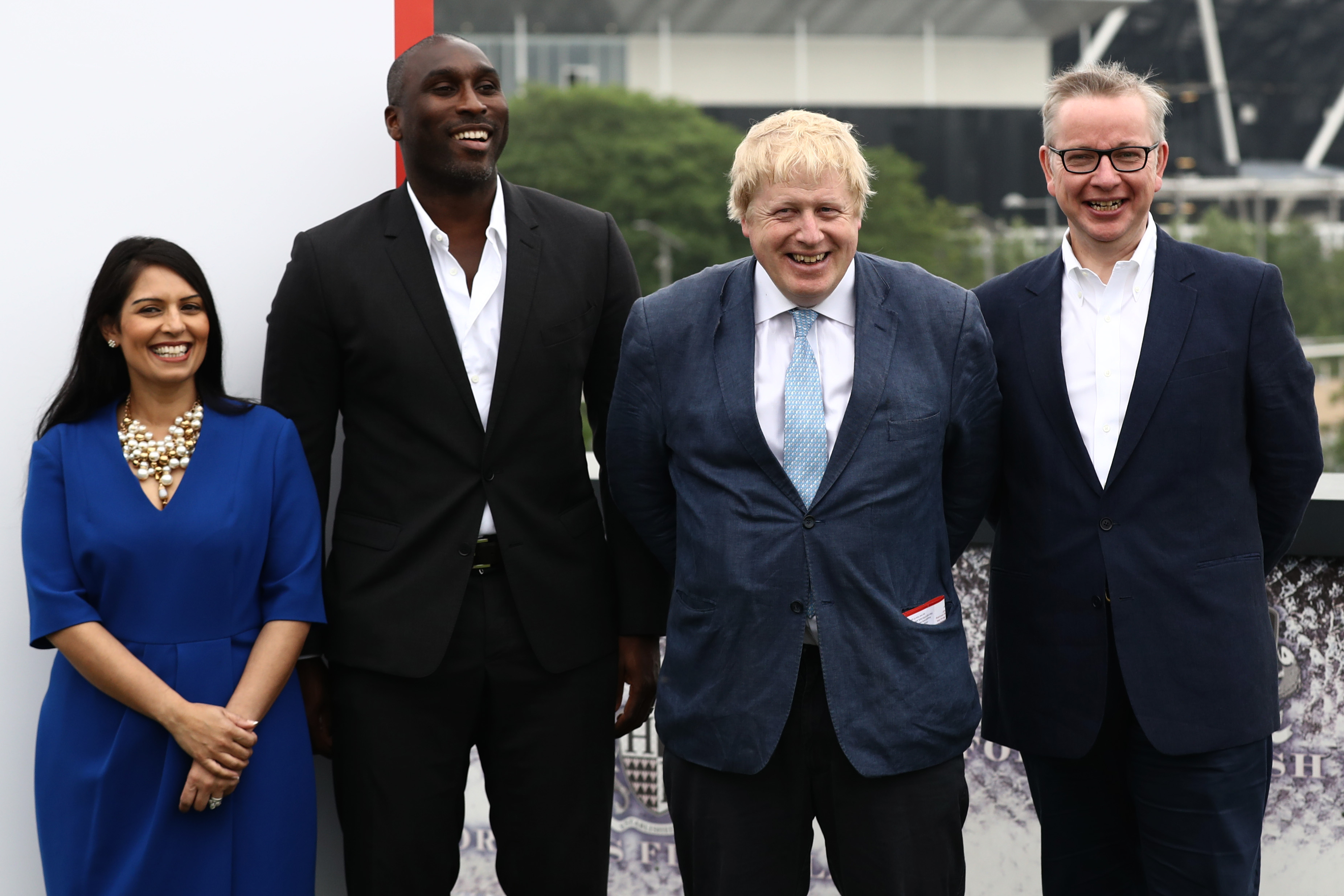
One of the best central defenders of his generation, Sol Campbell is best remembered for his controversial move from Tottenham to Arsenal in 2001. He also won 73 caps for England.
After his football career, Campbell revealed in 2014 that he was considering running for office with the Conservatives, partly to help secure the 'black vote' for the Tories. In 2015, he put himself forward in the race for the Conservative nomination for Mayor of London, but failed to make the shortlist. He also took part in a Vote Leave rally ahead of the Brexit ballot in 2016.
20. Lilian Thuram
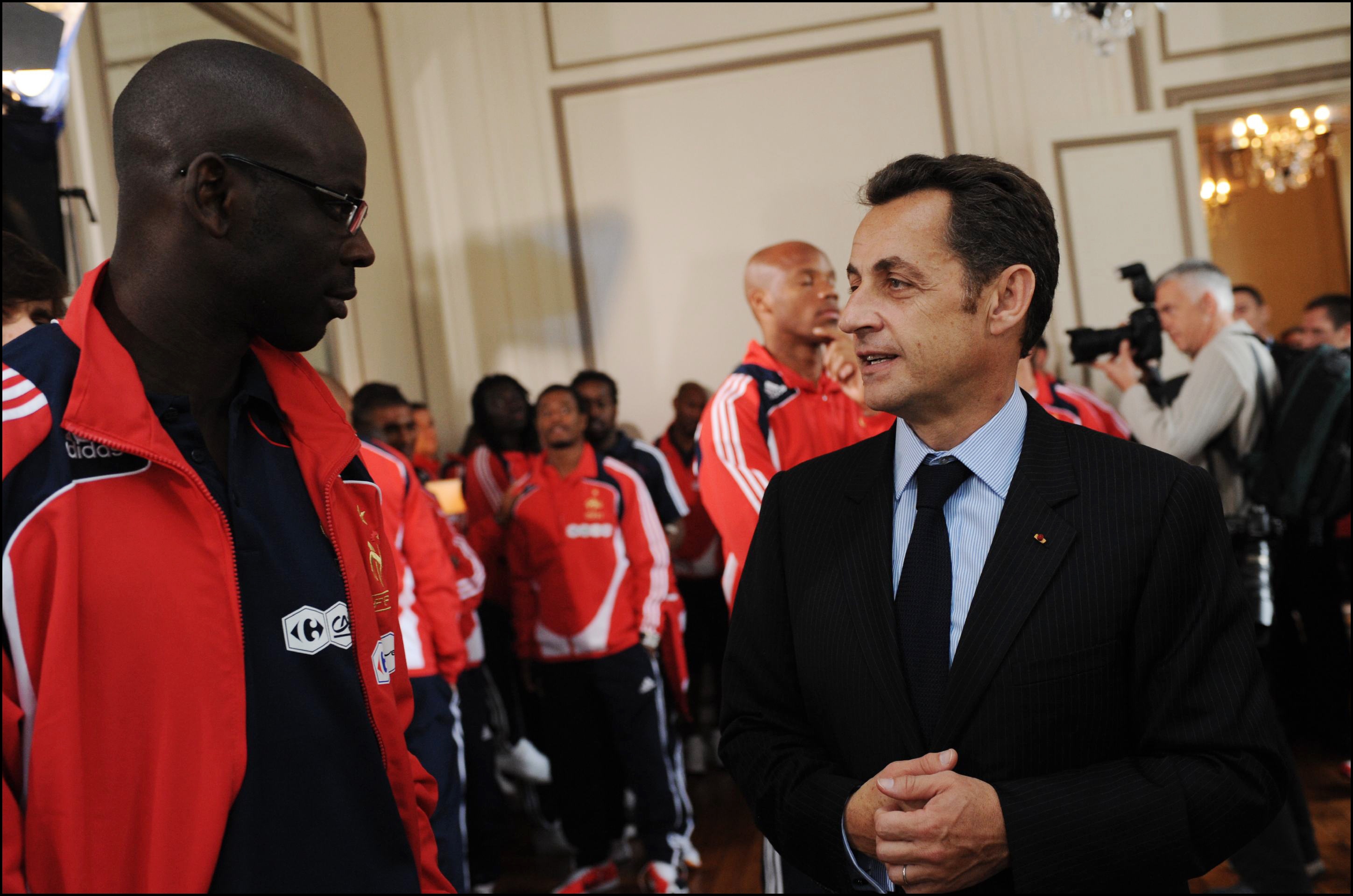
Lilian Thuram racked up 142 caps for France between 1994 and 2008 and was a key member of the teams which won the 1998 World Cup and the European Championship two years later.
During the French riots in 2005, Thuram lashed out at future president Nicolas Sarkozy after the minister spoke of the "scum" living in low-income housing. He was later offered a job as Diversity Minister by Sarkozy, but declined. Since then, he has continued to speak about racism and took part in a march in favour of same-sex marriage in 2013.
19. Andrey Arshavin
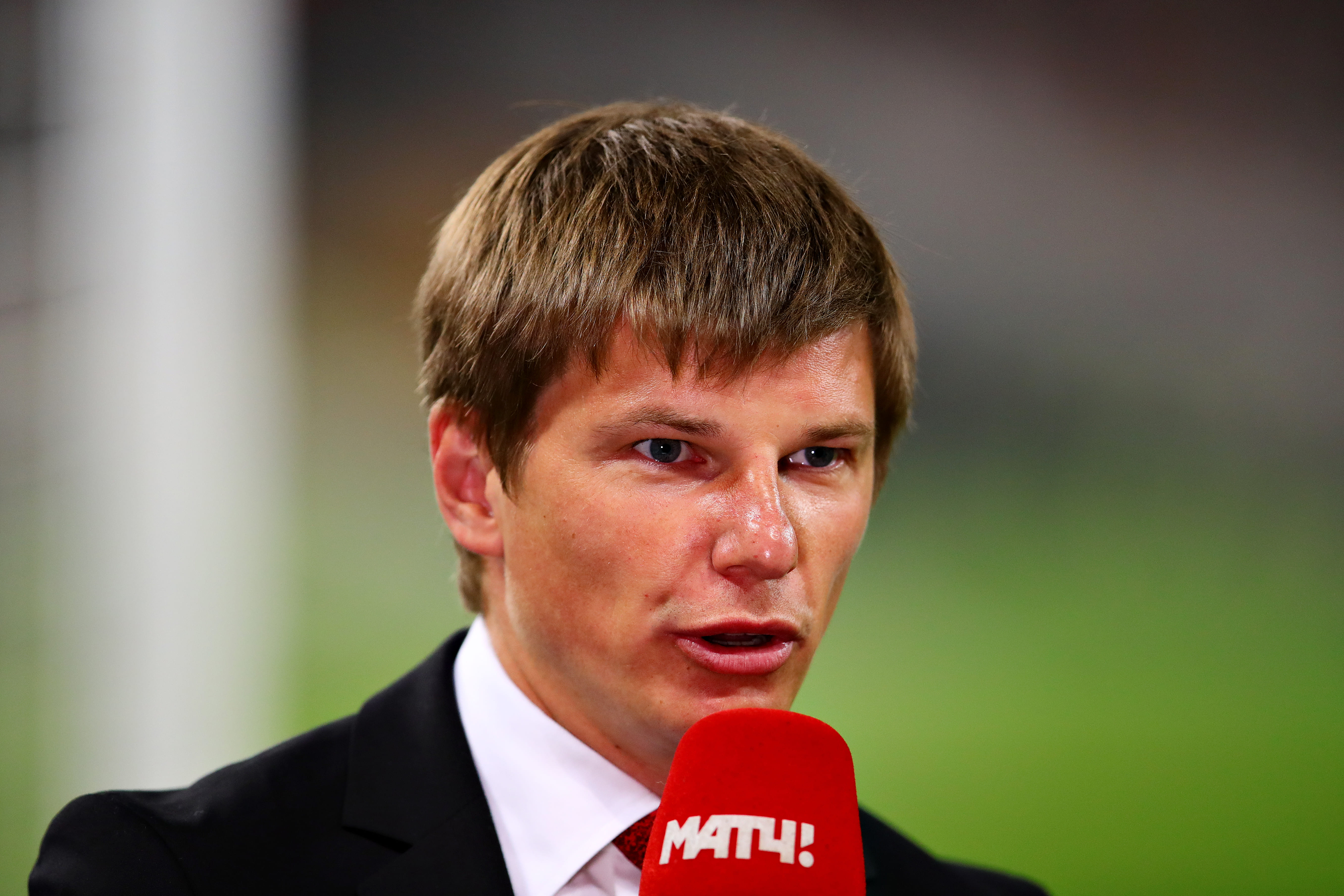
Andrey Arshavin famously scored all four goals for Arsenal in a 4-4 draw against Liverpool in 2009 – but his time with the Gunners overall was mixed.
Before joining Arsenal, the former Zenit attacker ran for Vladimir Putin’s United Russia party in the 2007 regional council elections. However, he opted to focus on football and withdrew before any votes were cast.
18. Albert Gudmundsson
Albert Gudmundsson was the first footballer from Iceland to become a professional player, enjoying success outside his homeland with Rangers, Arsenal, Nancy, AC Milan, RC Paris and Nice.
The former forward joined the Independence Party in Iceland in 1970 and was elected as an MP four years later. He went on to work as Minister of Finance in 1983 and Minister of Industry in 1985.
17. Carlos Bilardo
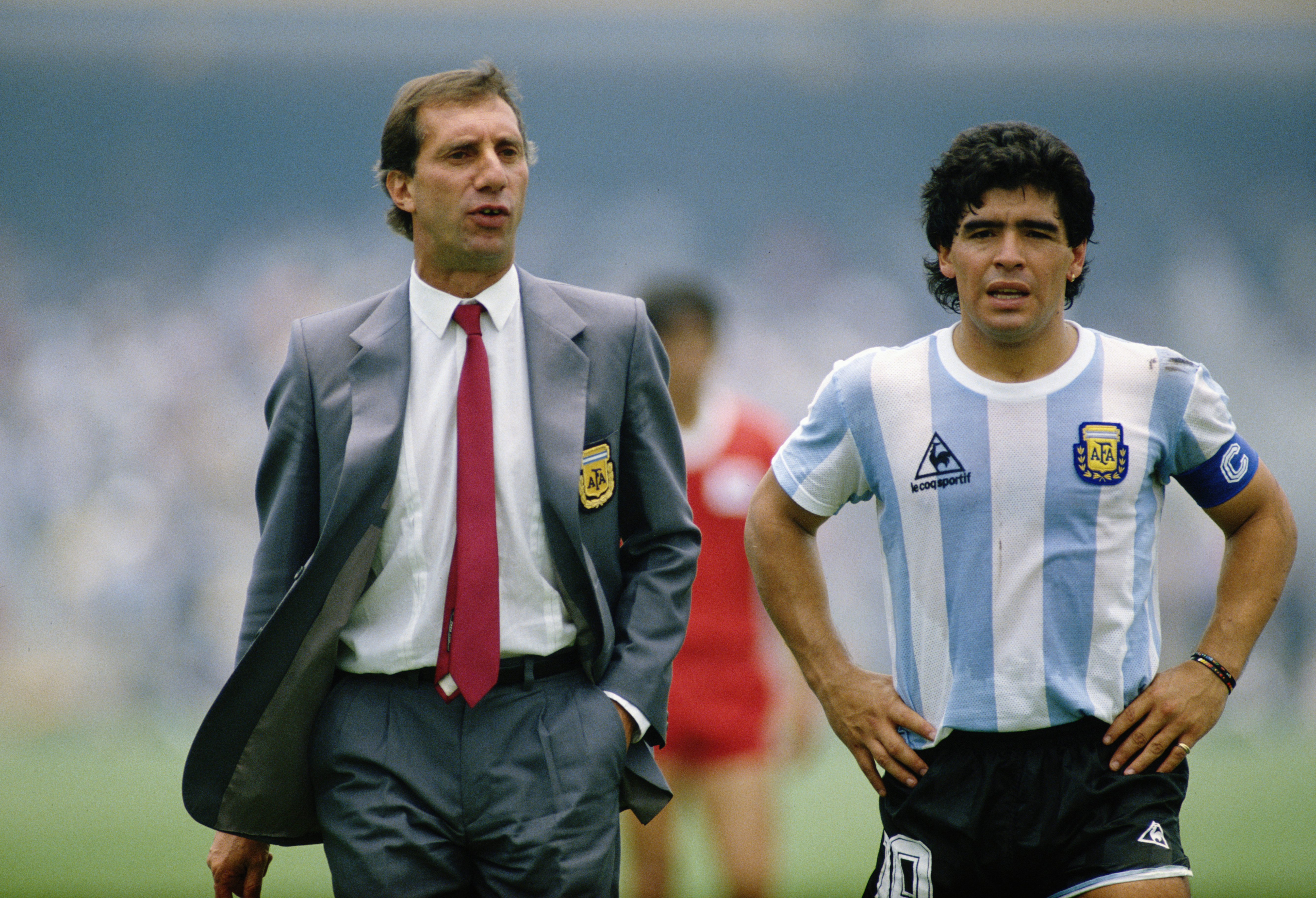
A fine defensive midfielder who helped Estudiantes win the Copa Libertadores three times in a row between 1968 and 1970, Carlos Bilardo was Argentina's coach in their 1986 World Cup win.
Also a qualified doctor, Bilardo worked in a variety of roles throughout his career and in 2007, he was named Secretary of Sports for the Buenos Aires province under governor Daniel Scioli.
16. Marc Wilmots
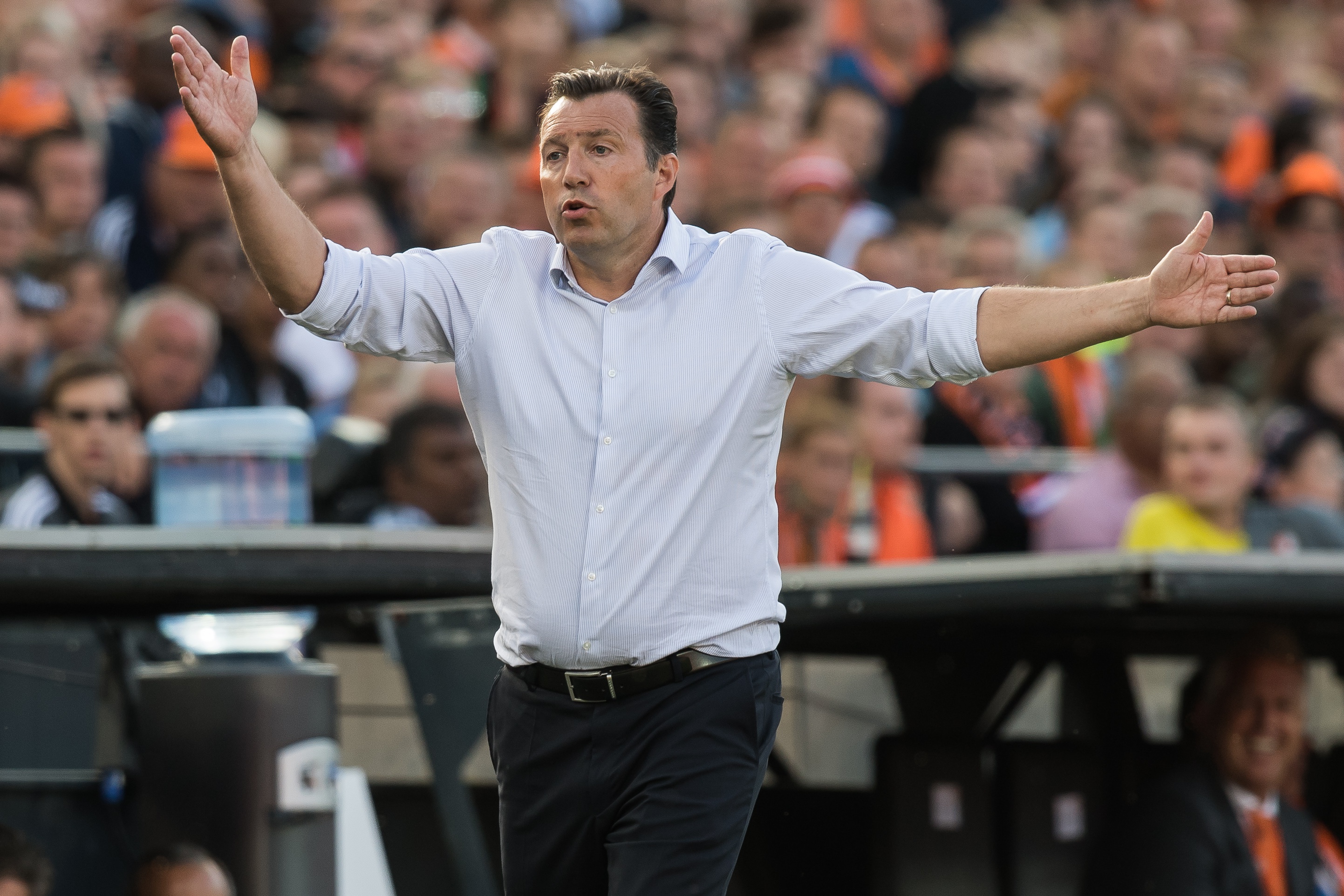
Marc Wilmots won 70 caps for Belgium between 1990 and 2002, scoring 28 goals. The attacking midfielder was selected for four World Cups, played in three and later went on to coach the Red Devils.
In 2003, he was elected to the Senate as a representative for French-speaking liberal party Mouvement Reformateur (MR), but resigned in 2005.
15. Roman Pavlyuchenko
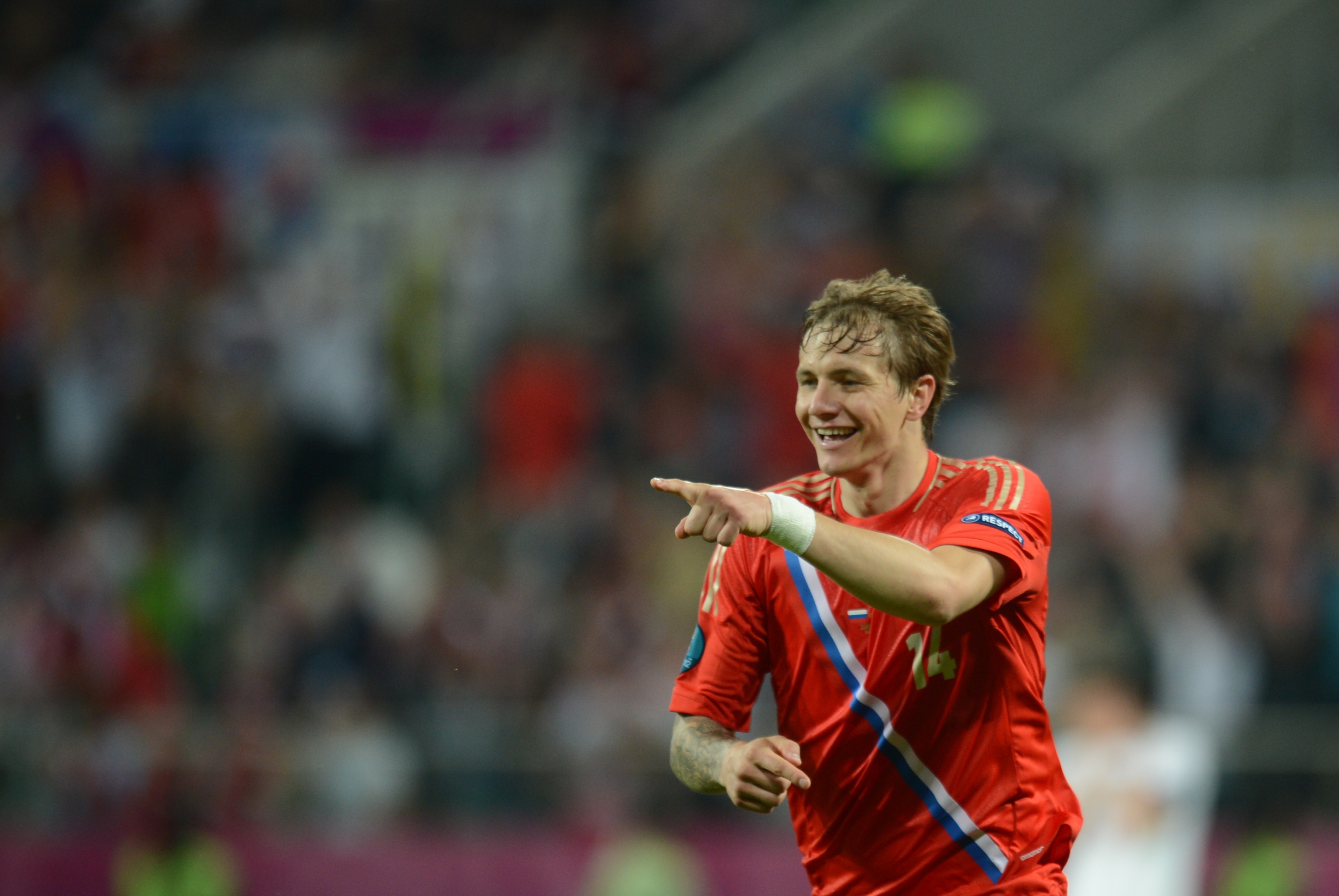
Roman Pavlyuchenko began his career at Dynamo Stavropol and in 2007, the former Spurs striker became a city council deputy in the city in southern Russia.
Standing for Vladimir Putin's United Russia, Pavlyuchenko won a seat on the regional council of Stavropol as his party won 63% of the vote. A year after he was elected, the forward left Russian side Spartak Moscow to sign for Tottenham.
14. Kaj Leo Johannesen
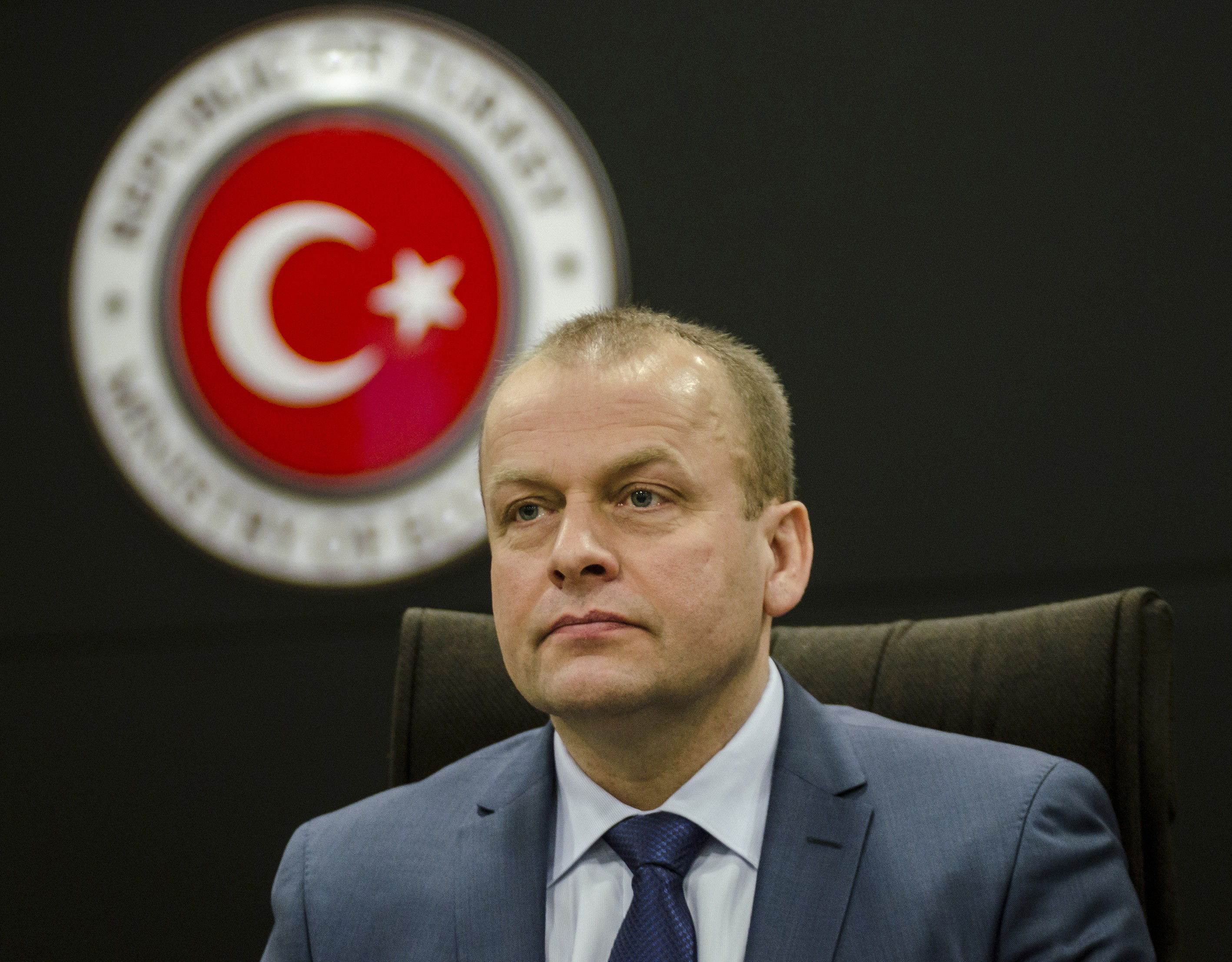
Kaj Leo Johannesen played for his entire career for Havnar Boltfelag as a goalkeeper and won four international caps for the Faroe Islands.
While still playing, Johannesen became a Member of the City Council of Torshavn in 1997, representing the Faroese Unionist Party. And in 2008, he was elected as the Faroes' prime minister, holding office for seven years.
13. Zico
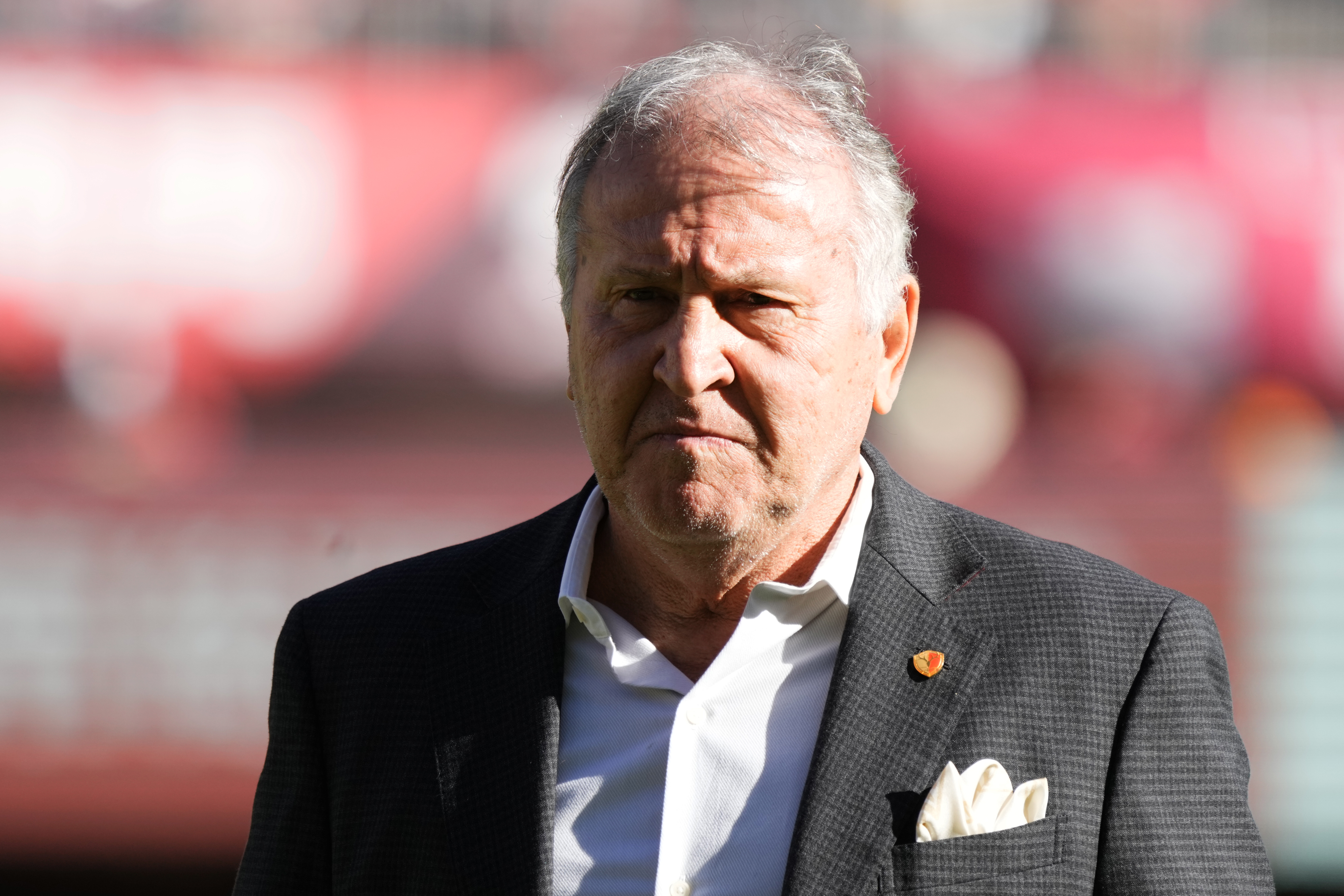
One of the greatest players in Brazil's history, Zico was part of the memorable 1982 World Cup team and the former playmaker is a legend at Flamengo.
Zico became Brazil's sports minister in 1990. After introducing a number of reforms to improve football in the country, he was frustrated when a parliamentary vote was persistently delayed and left his post just a year later.
12. Grzegorz Lato
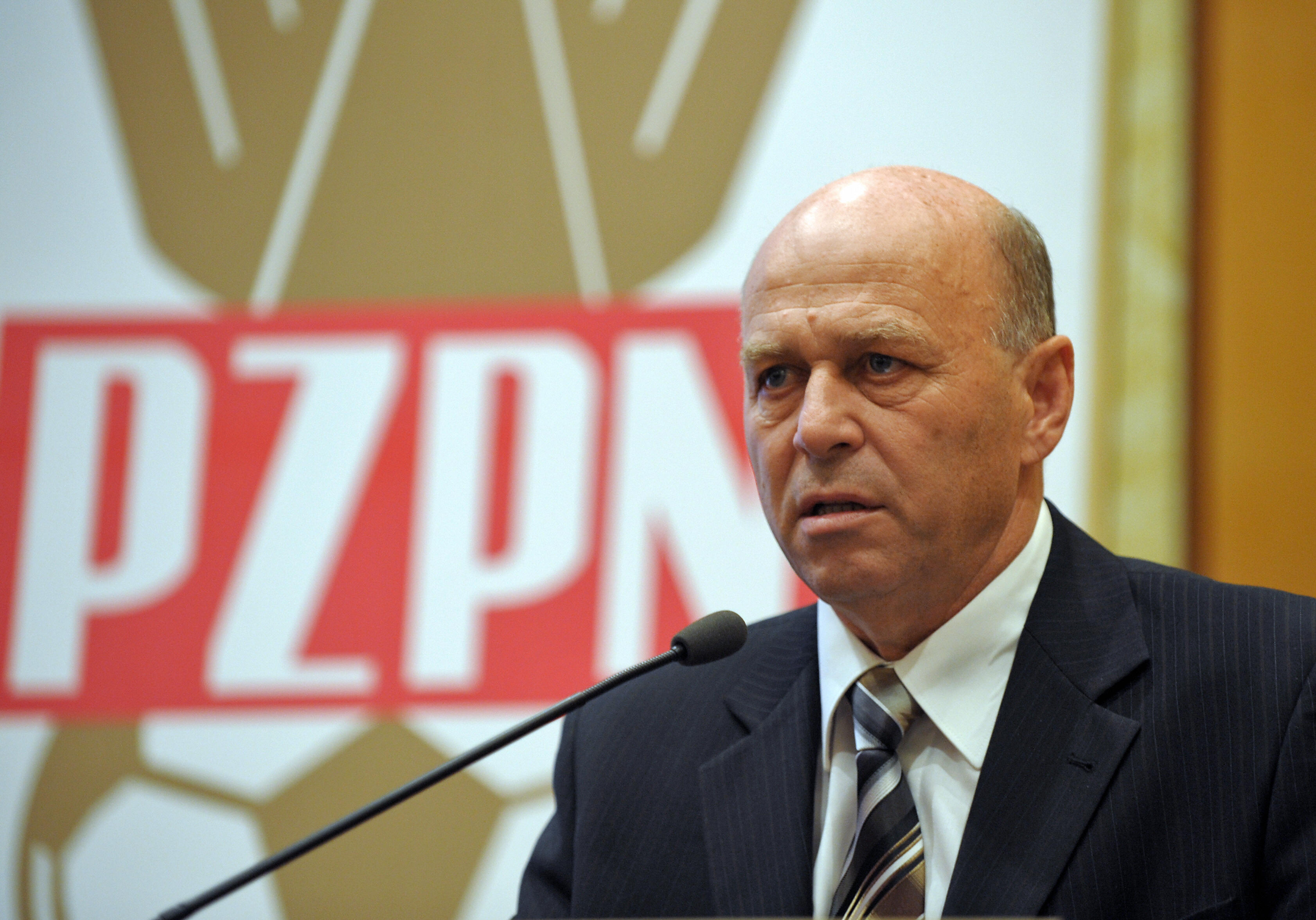
Grzegorz Lato won 100 caps for Poland between 1971 and 1984 and scored 45 goals for his country. He was also the Golden Boot winner at the 1974 World Cup.
After retirement, Lato was elected as a senator for the Democratic Left Alliance Party. Later, he became president of the Polish Football Association and famously sacked Dutch coach Leo Beenhaker live on television after Poland's 3-0 loss to Slovenia saw the nation fail to qualify for the 2010 World Cup.
11. Jozsef Bozsik
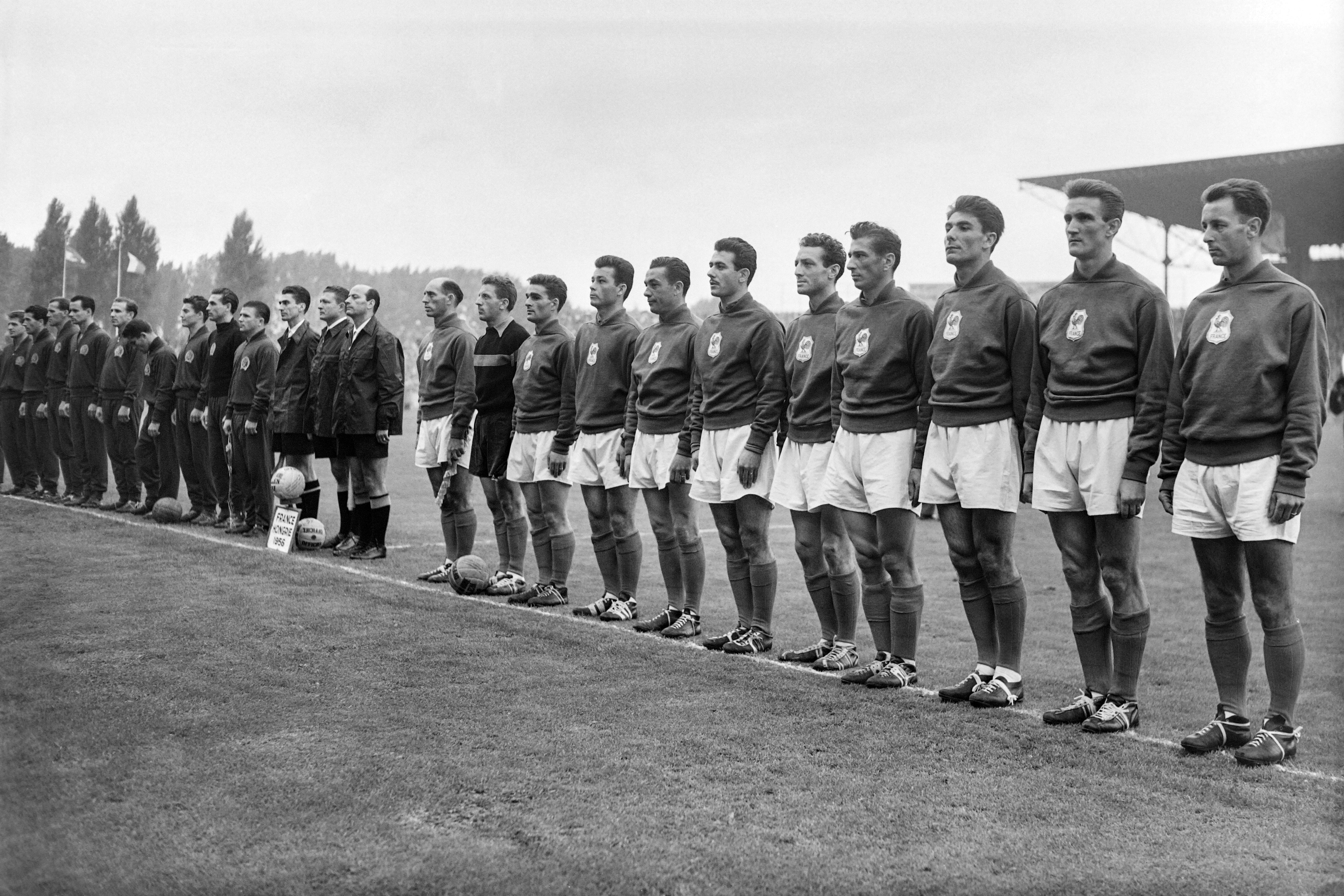
Jozsef Bozsik was part of the legendary Hungary team of the 1950s and scored in the memorable 6-3 win over England at Wembley in 1953.
That same year, the Budapest Honved midfielder was elected as a member of the National Assembly of Hungary. He later became Hungary's national team coach.
10. Cuauhtemoc Blanco
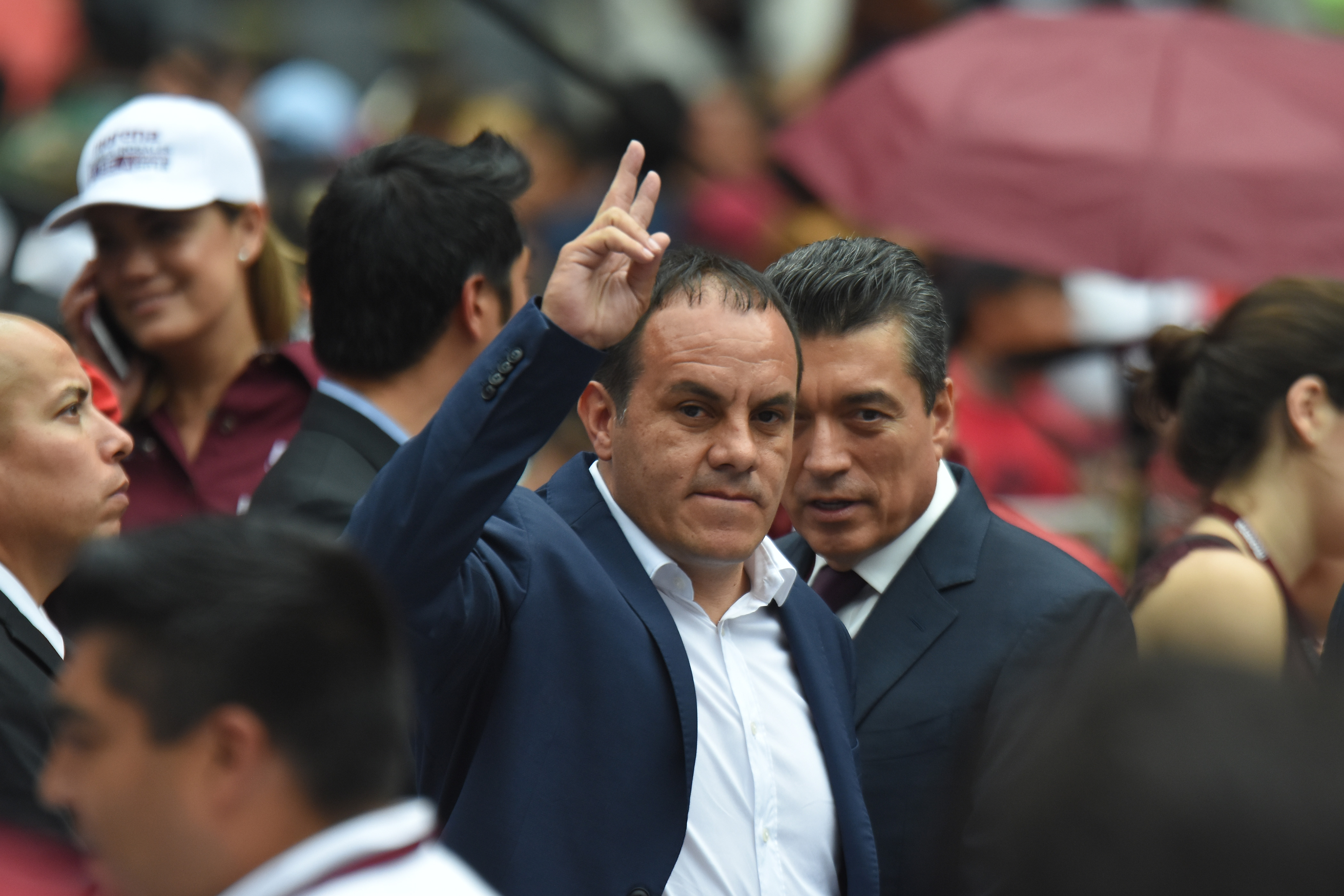
One of Mexico's greatest-ever players, Cuauhtemoc Blanco won over 100 caps for El Tri between 1995 and 2014 and scored 38 goals.
In January 2015, Blanco registered as a Social Democratic Party candidate and was elected as municipal president of Cuernavaca. Later, he joined the Social Encounter Party and became state Governor of Morelos in 2018.
9. Andriy Shevchenko
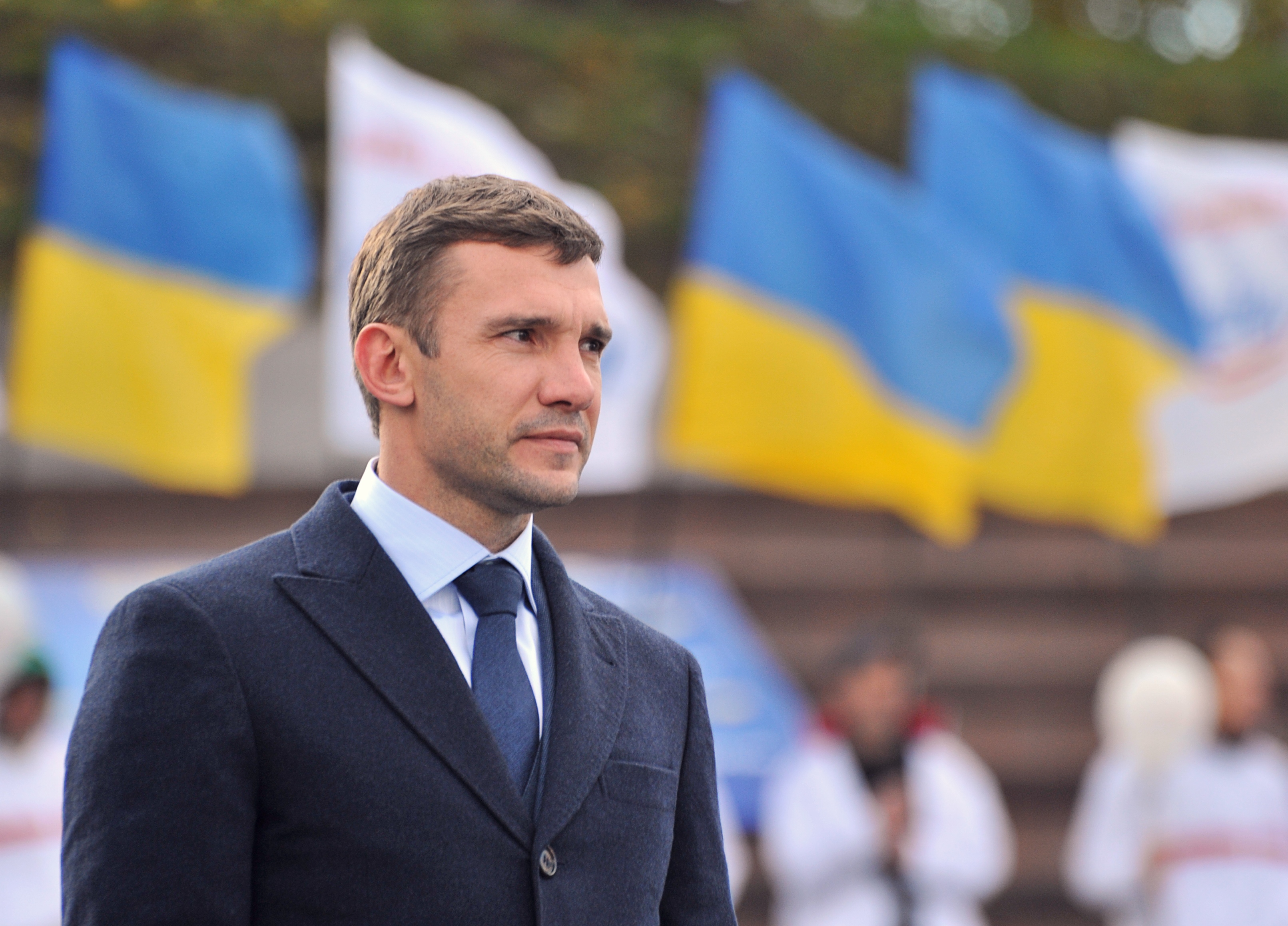
Andriy Shevchenko is a legend at Dynamo Kyiv and AC Milan. One of the game's great goalscorers, he netted over 300 career goals and scored 48 in 111 appearances for Ukraine.
While still a player in the late 1990s, Shevchenko backed the Social Democratic Party of Ukraine. In 2012, he joined the Ukraine - Forward! party but failed to win a seat in parliament and returned to football as national coach. More recently, he called for an end to the war in Ukraine.
8. Hakan Sukur
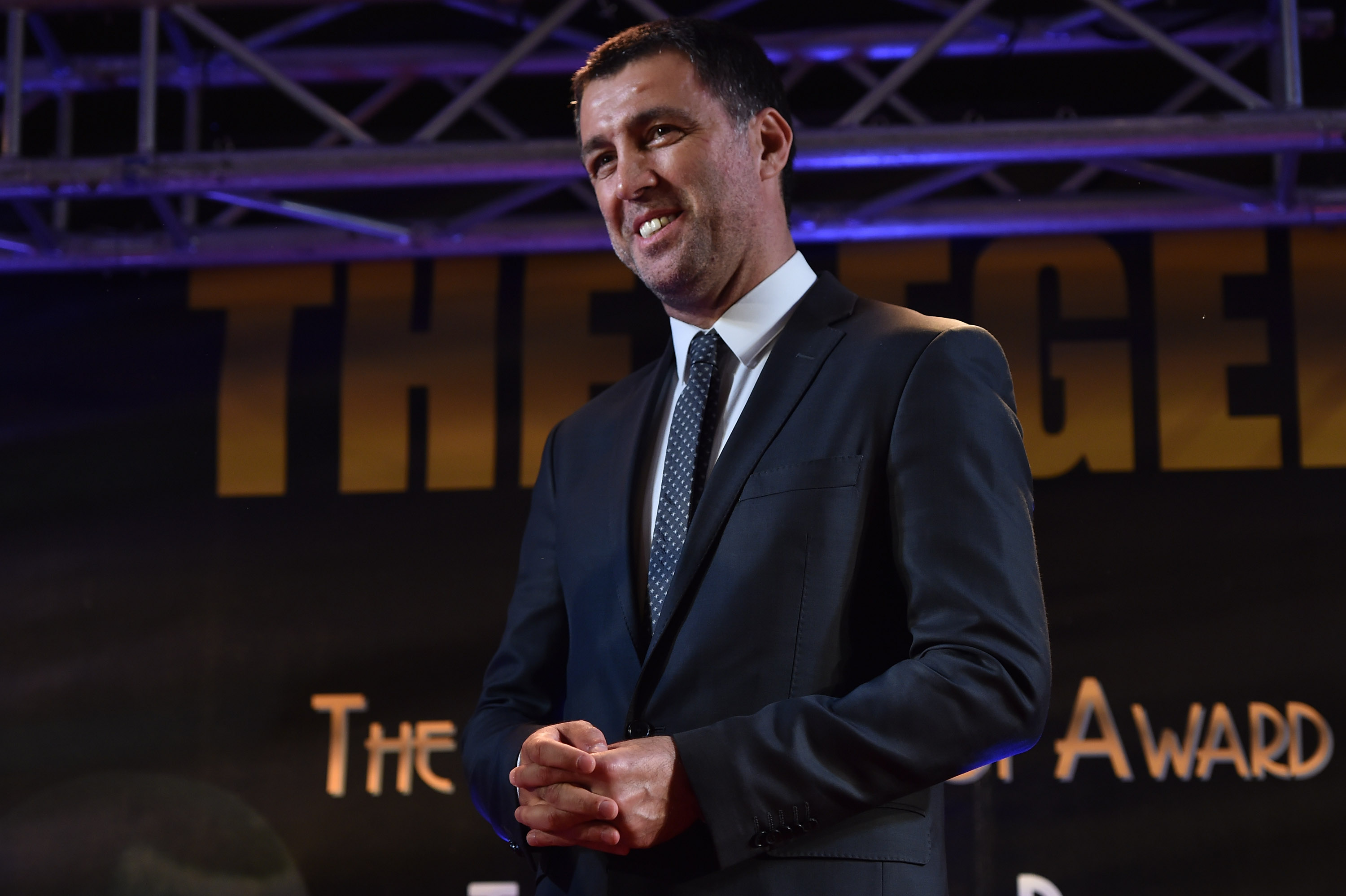
One of Turkey's greatest-ever players, Hakan Sukur netted 51 goals in 112 appearances for his national team and is Galatasaray's all-time top scorer.
Sukur won a seat in the Turkish parliament in 2011 as a member of the ruling Justice and Development Party. He resigned from the party in December 2013, but continued as an independent MP. In 2016, he was forced into exile after he was accused of insulting president Recep Tayyip Erdogan on Twitter.
7. Titi Camara
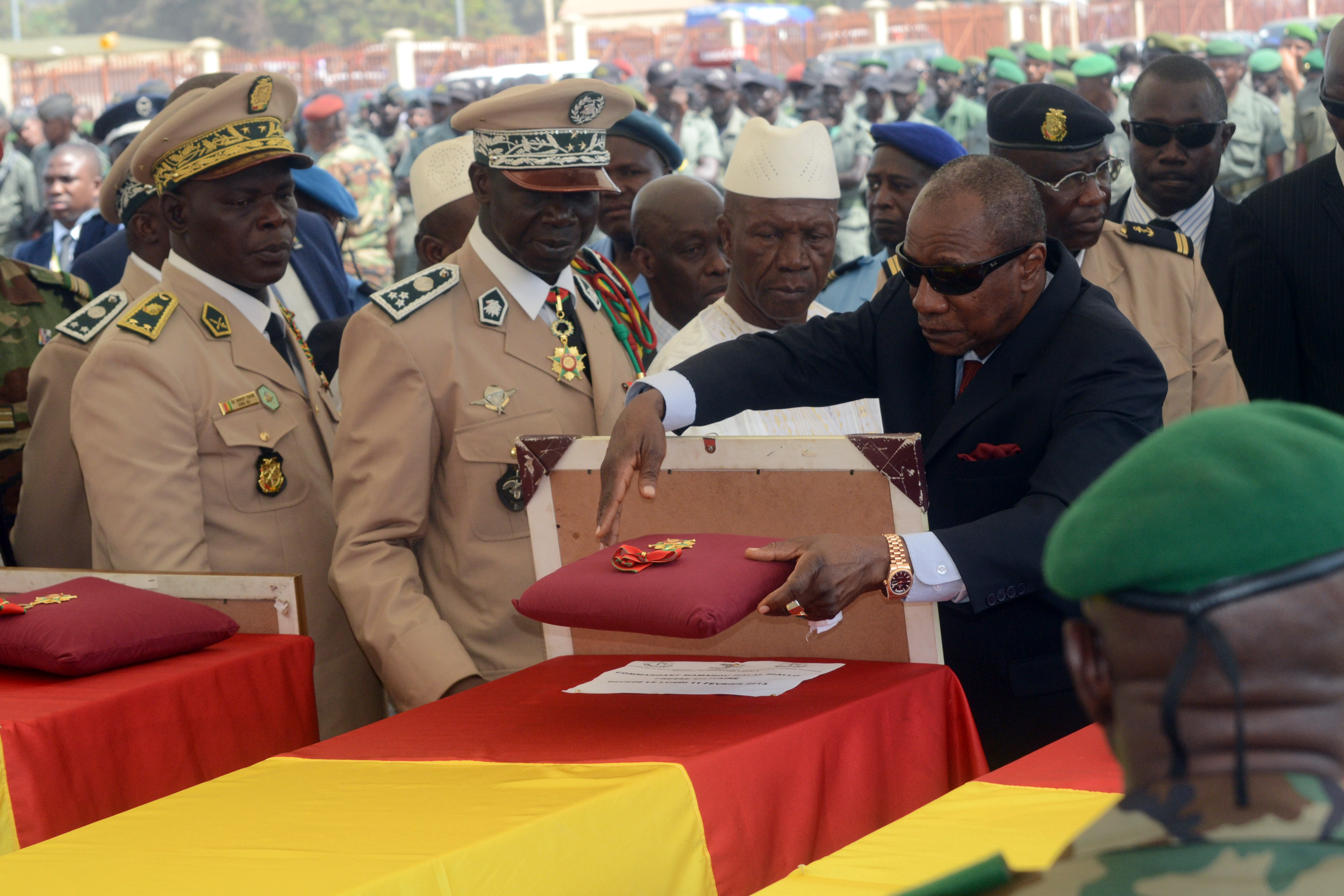
Titi Camara played for Lens, Liverpool, Marseille and West Ham in the late 1990s and early 2000s, and scored 23 goals in 38 appearances for Guinea.
The forward returned to his homeland after retiring from football and was appointed as Guinea's Sports Minister following the election of president Alpha Conde in 2010. He was replaced in the post in October 2012.
6. Oleg Blokhin
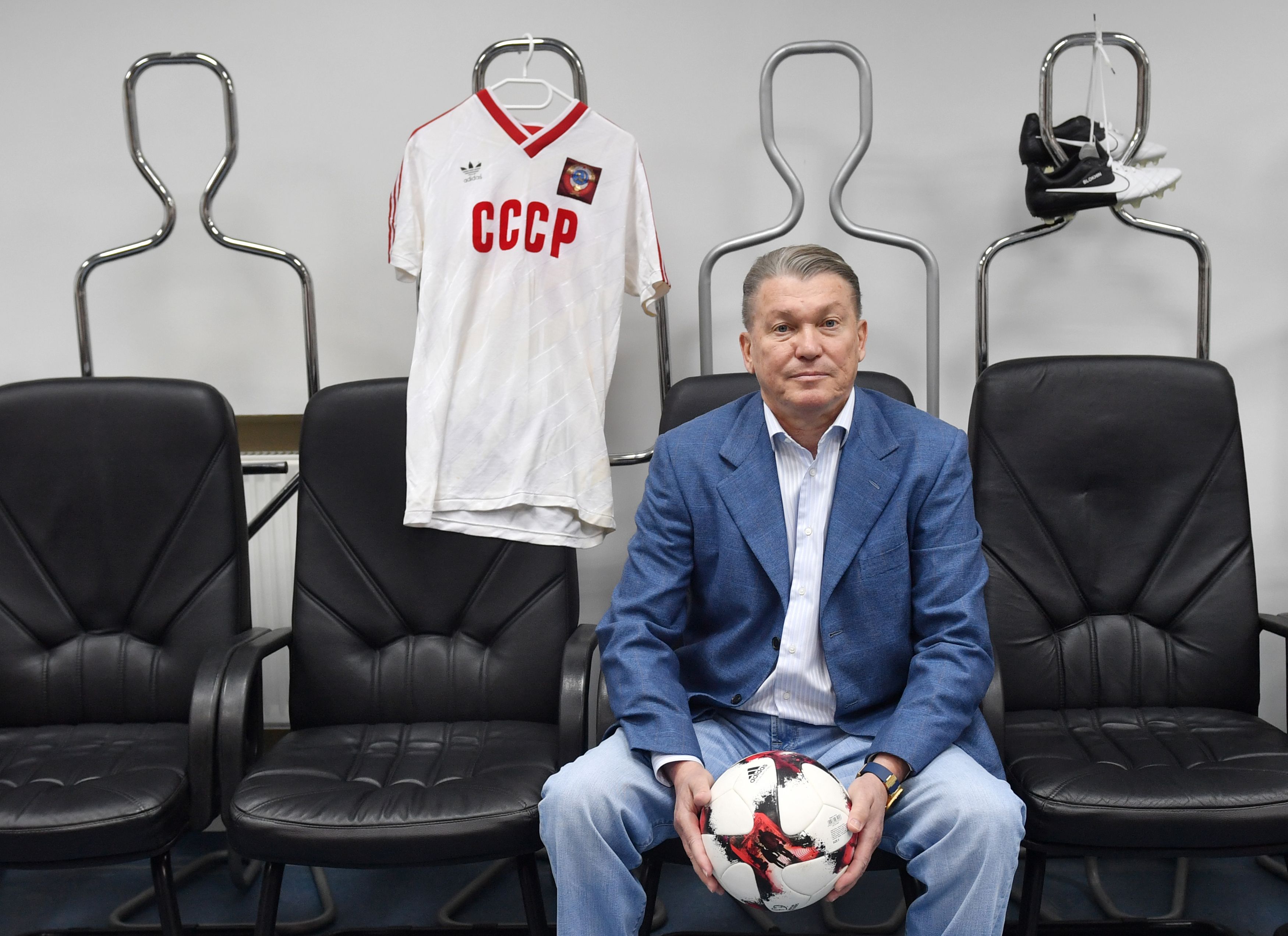
Oleg Blokhin is the record goalscorer for both Dynamo Kyiv and the Soviet Union. The legendary forward also won the Ballon d'Or in 1975.
After football, he was elected to the Ukrainian parliament in 1998 for Hromada, despite still being a member of the Communist Party. In 2002, he joined the United Social Democratic Party of Ukraine.
5. Pele
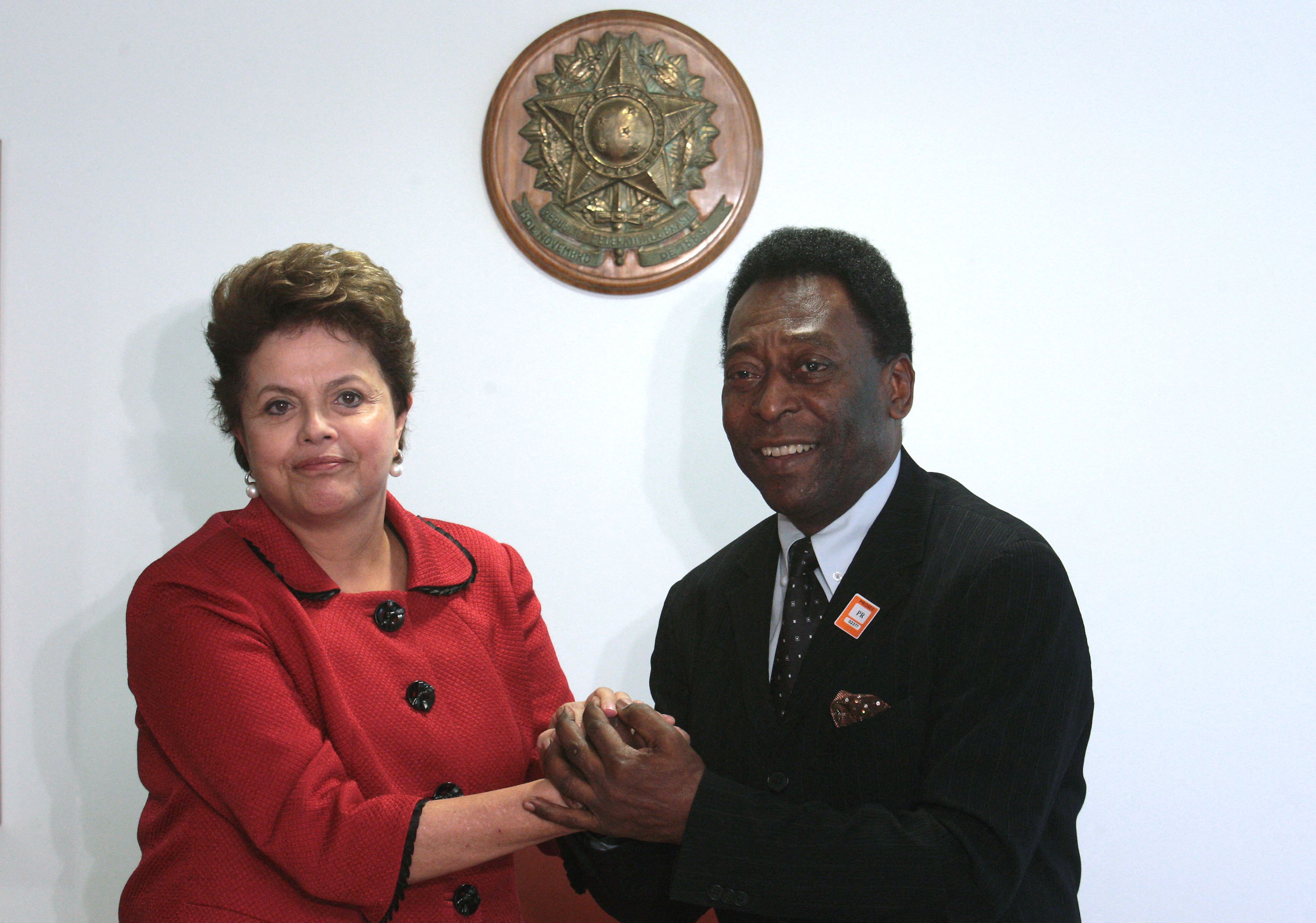
Pele is regarded by many as the greatest footballer of all time and the Brazil legend is the only player in history to win three World Cups.
Heavily involved in politics and social issues after his retirement, the legendary forward worked as a UNESCO goodwill ambassador and a UN ambassador for ecology and the environment. Later, he was Brazil's Extraordinary Minister for Sport and a piece of legislation against corruption in Brazilian sport – the "Pele law" – was even named after him.
4. Kakha Kaladze
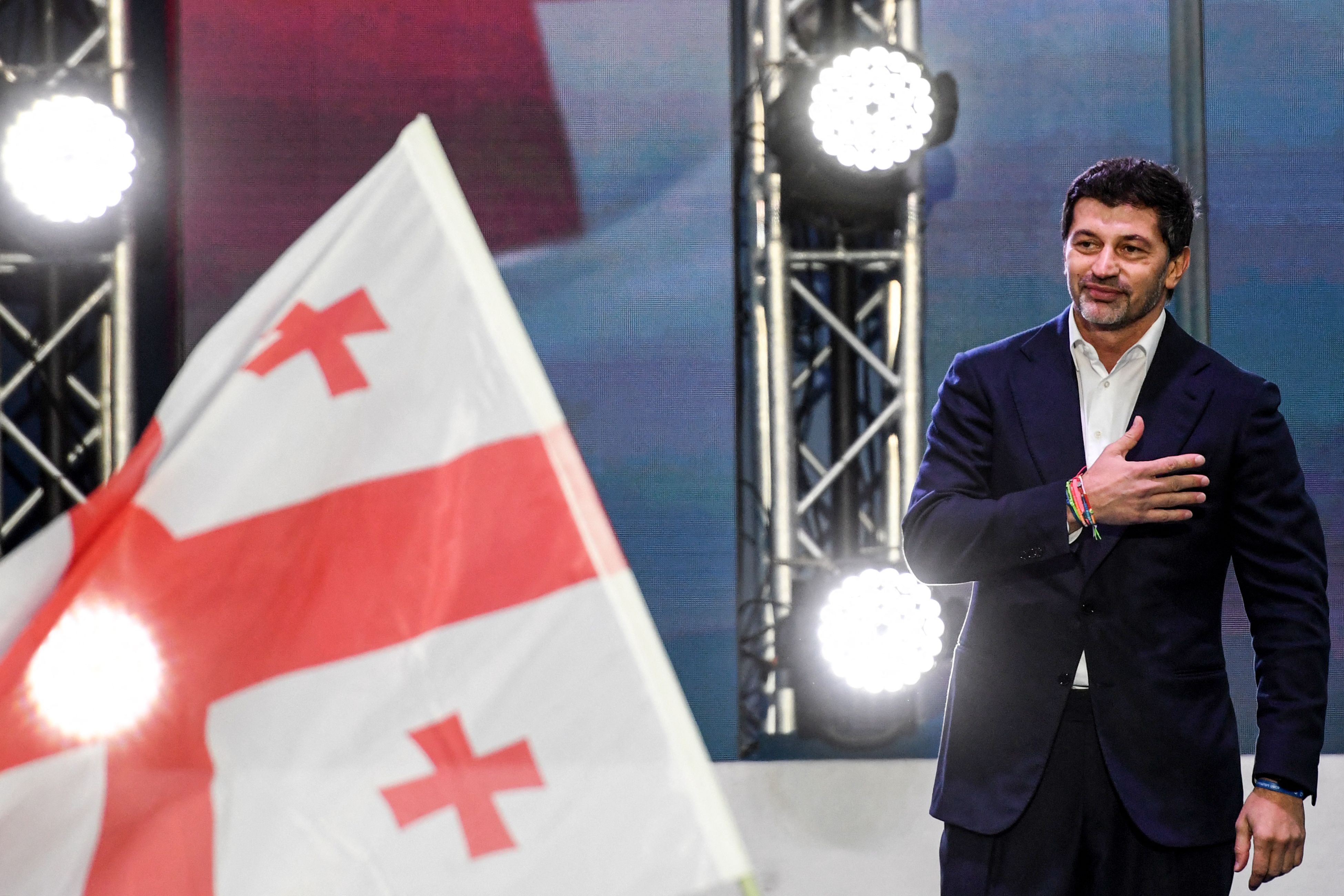
One of Georgia's greatest-ever players, Kakha Kaladze won 83 caps for his country and spent almost nine-and-a-half years at AC Milan between 2001 and 2010.
After retiring from football in 2012, he joined the Georgian Dream–Democratic Georgia party and became a member of parliament in October. Later, he was appointed Deputy Prime Minister and Minister of Energy. That move was criticised due to his business interests in the sector. He was elected as Mayor of Tbilisi in 2017.
3. Gianni Rivera
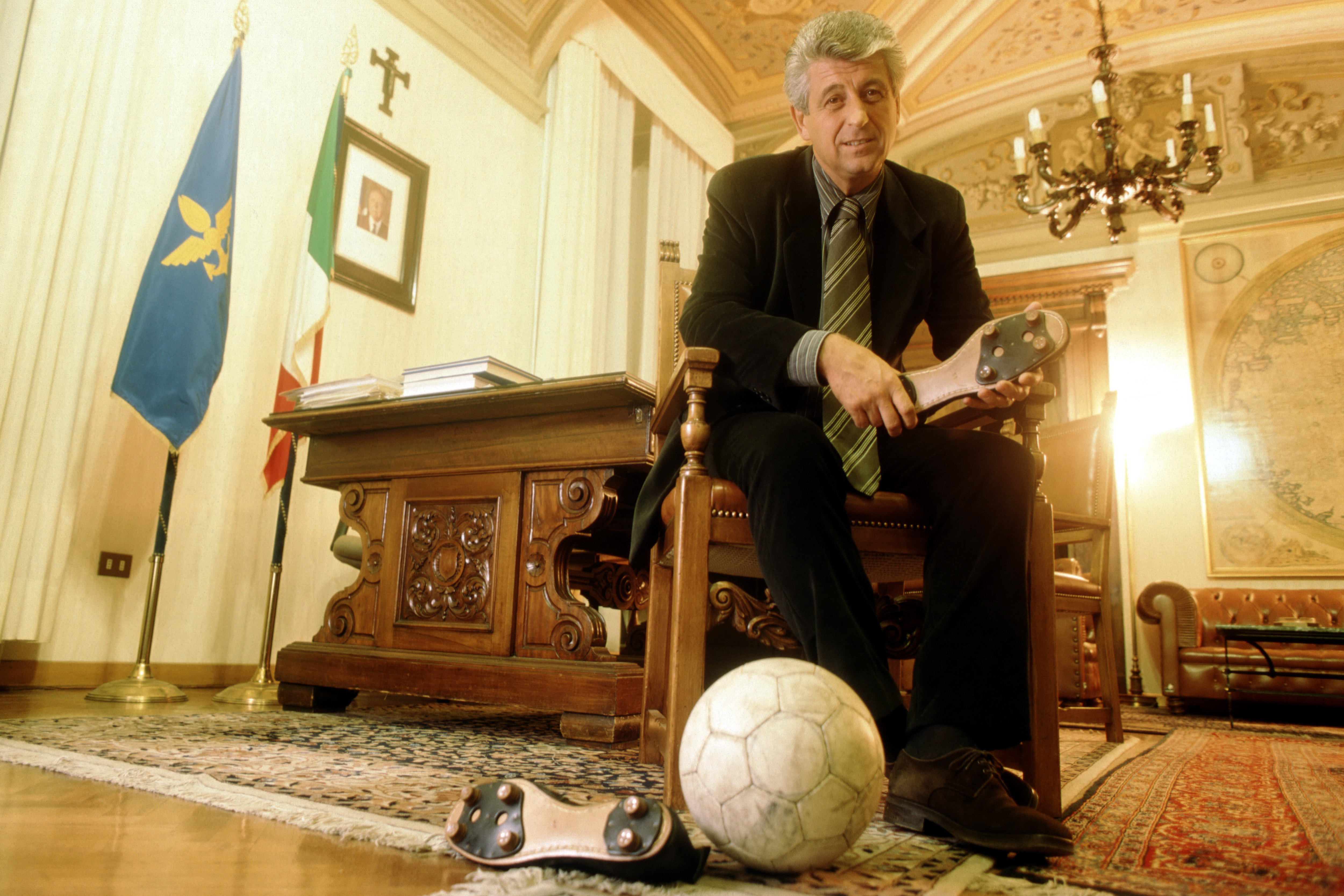
A European champion with Italy in 1968 and a World Cup finalist two years later, Gianni Rivera made over 500 appearances for AC Milan and won the Ballon d'Or in 1969.
The former attacking midfielder became a member of the Italian parliament in 1987. Later, he served as an under-secretary for defence, before becoming an MEP (Member of European Parliament) in 2005.
2. Romario
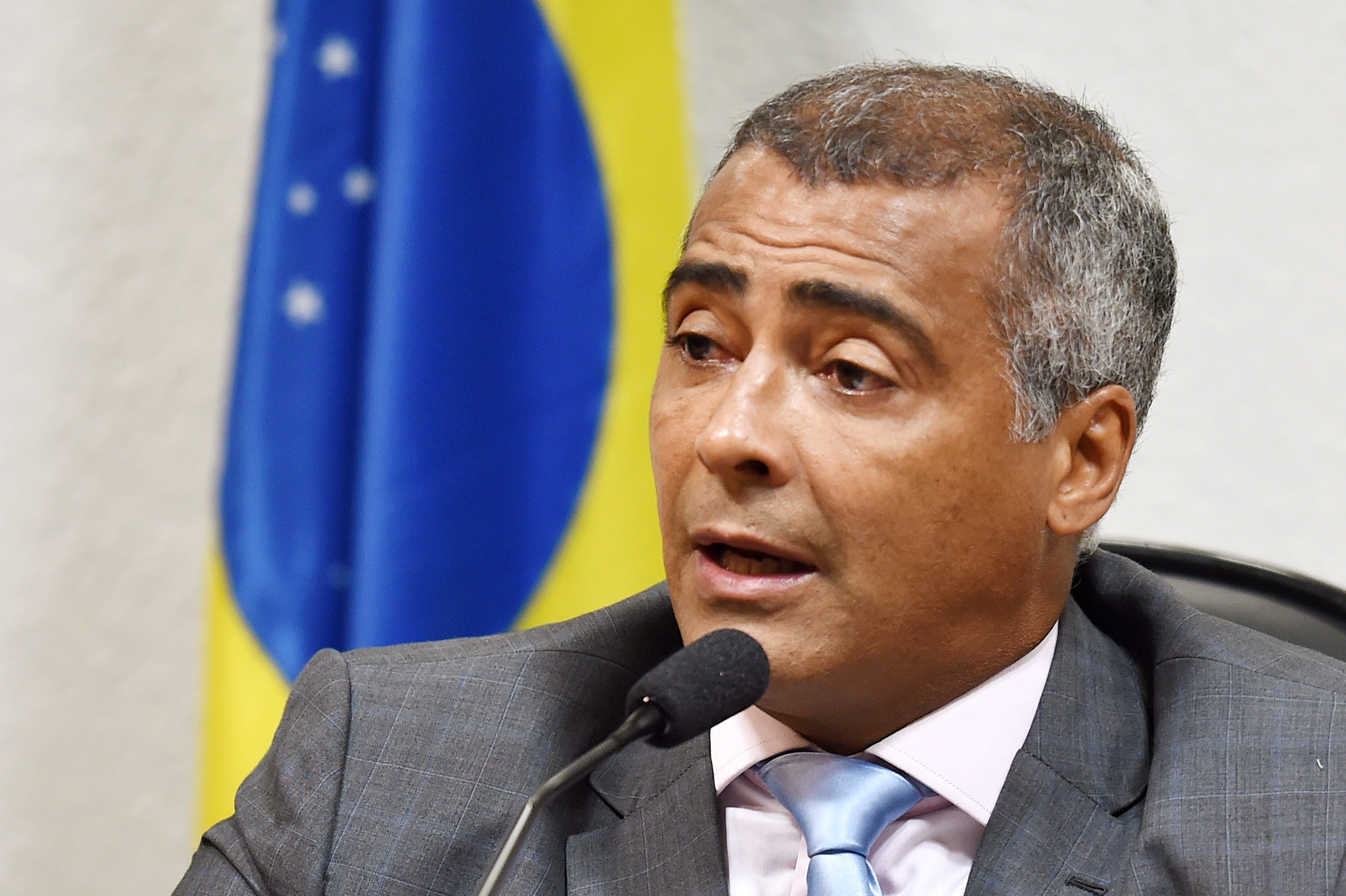
One of Brazil's great strikers and a World Cup winner in 1994, Romario scored 55 goals in 70 appearances for his national team and played for the likes of Barcelona, PSV EIndhoven, Flamengo and Vasco de Gama in a long career.
After retirement, he went into politics and following his election to the Chamber of Deputies, he lobbied against corruption in football and Brazil's hosting of the 2014 World Cup. In 2021, he endorsed Brazilian president Jair Bolsonaro and was critical of his rival Lula.
1. George Weah
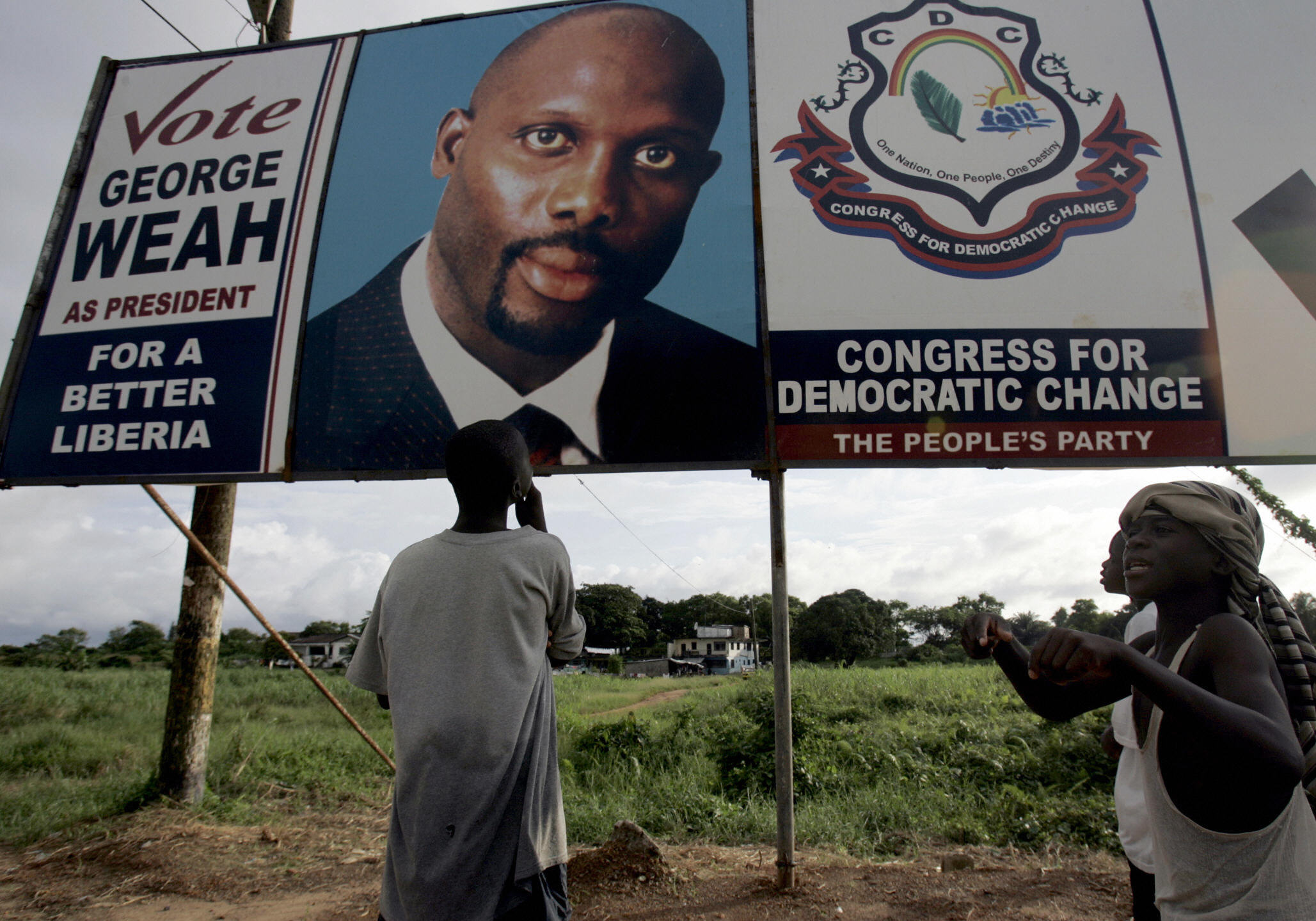
One of the greatest African footballers of all time, George Weah won the Ballon d'Or in 1995 and was African Footballer of the Year in 1989 and 1995.
The former AC Milan and Paris Saint-Germain forward announced his intentions to become Liberia president in 2005. He lost that year, but was elected to Congress in 2014 and was voted in as the nation's president in 2017.







